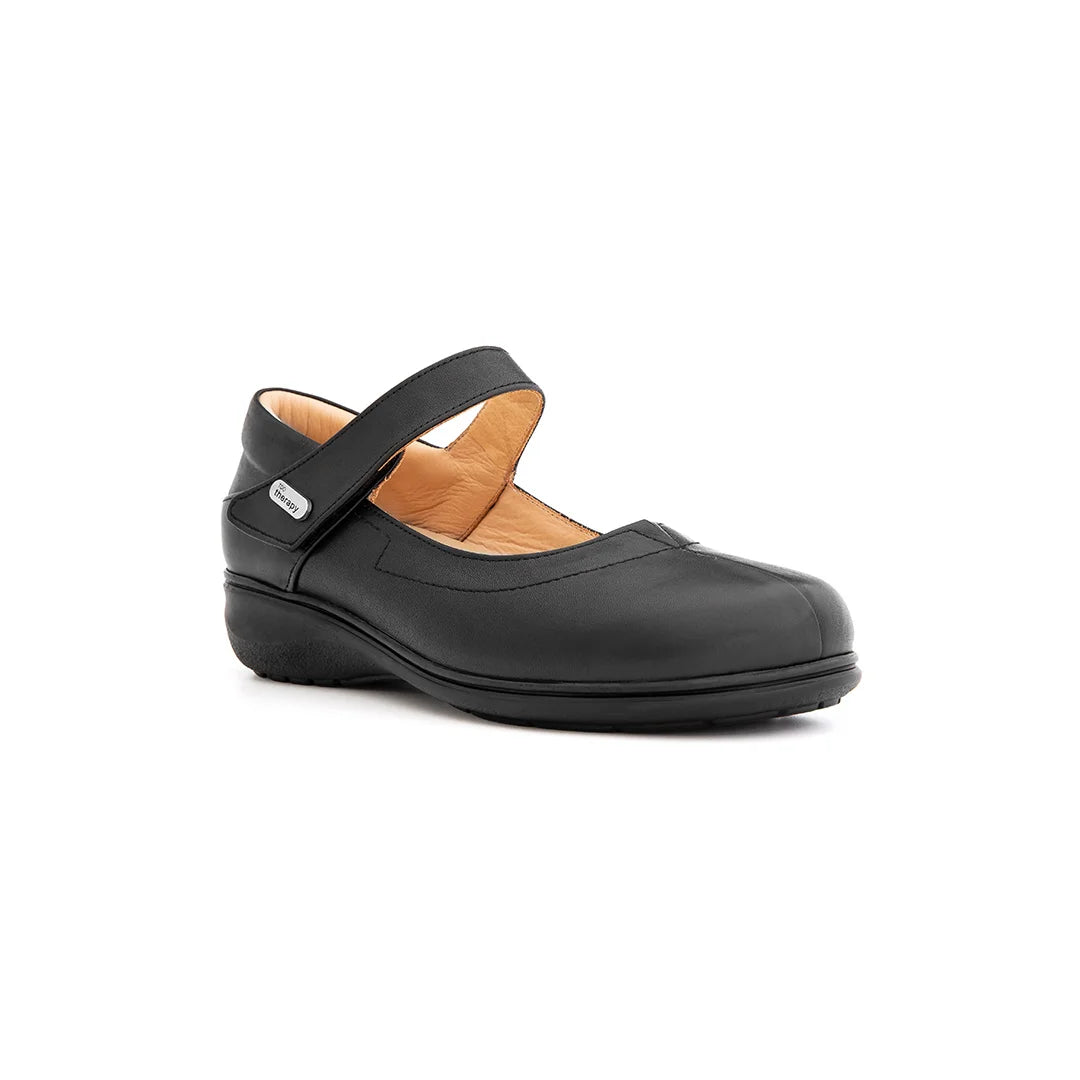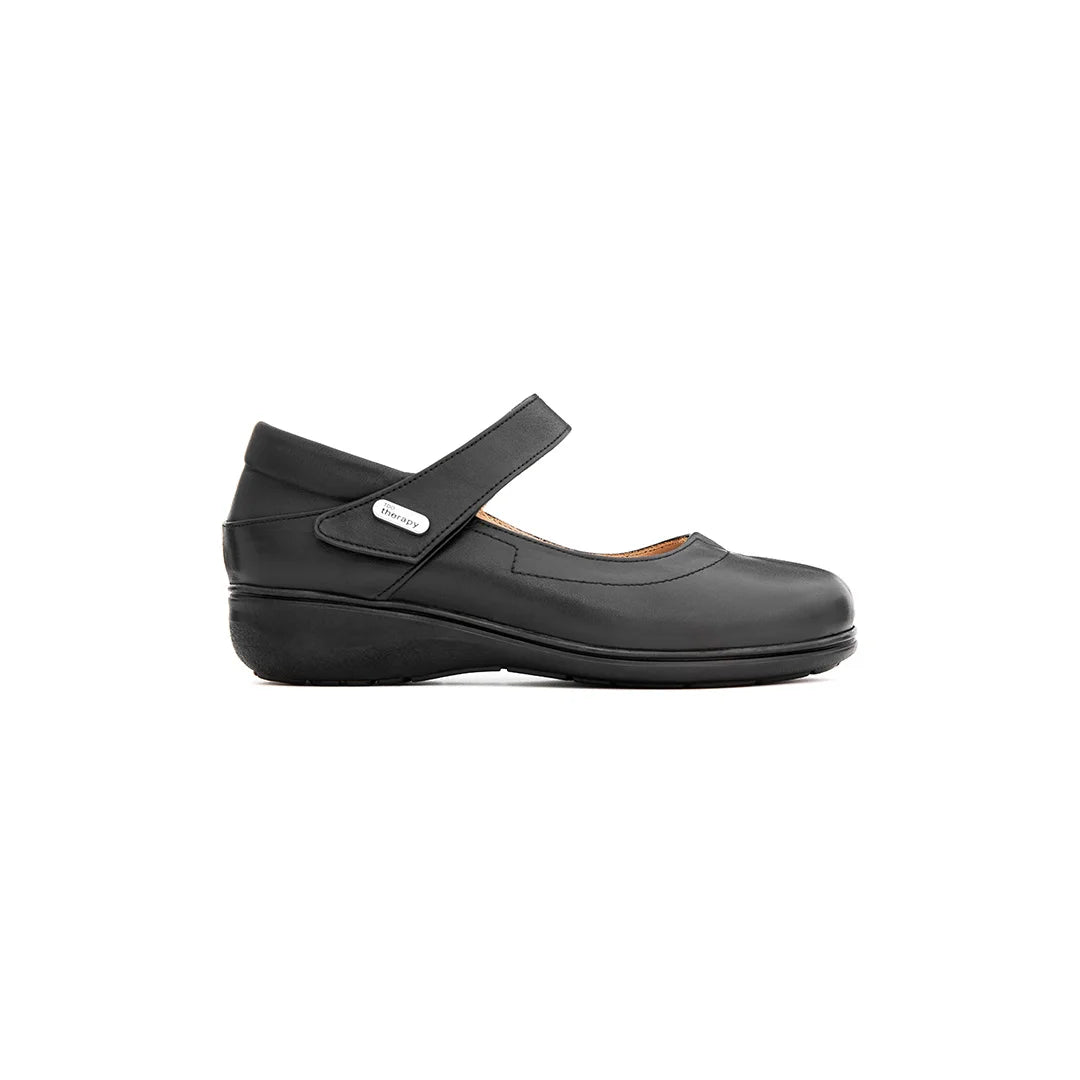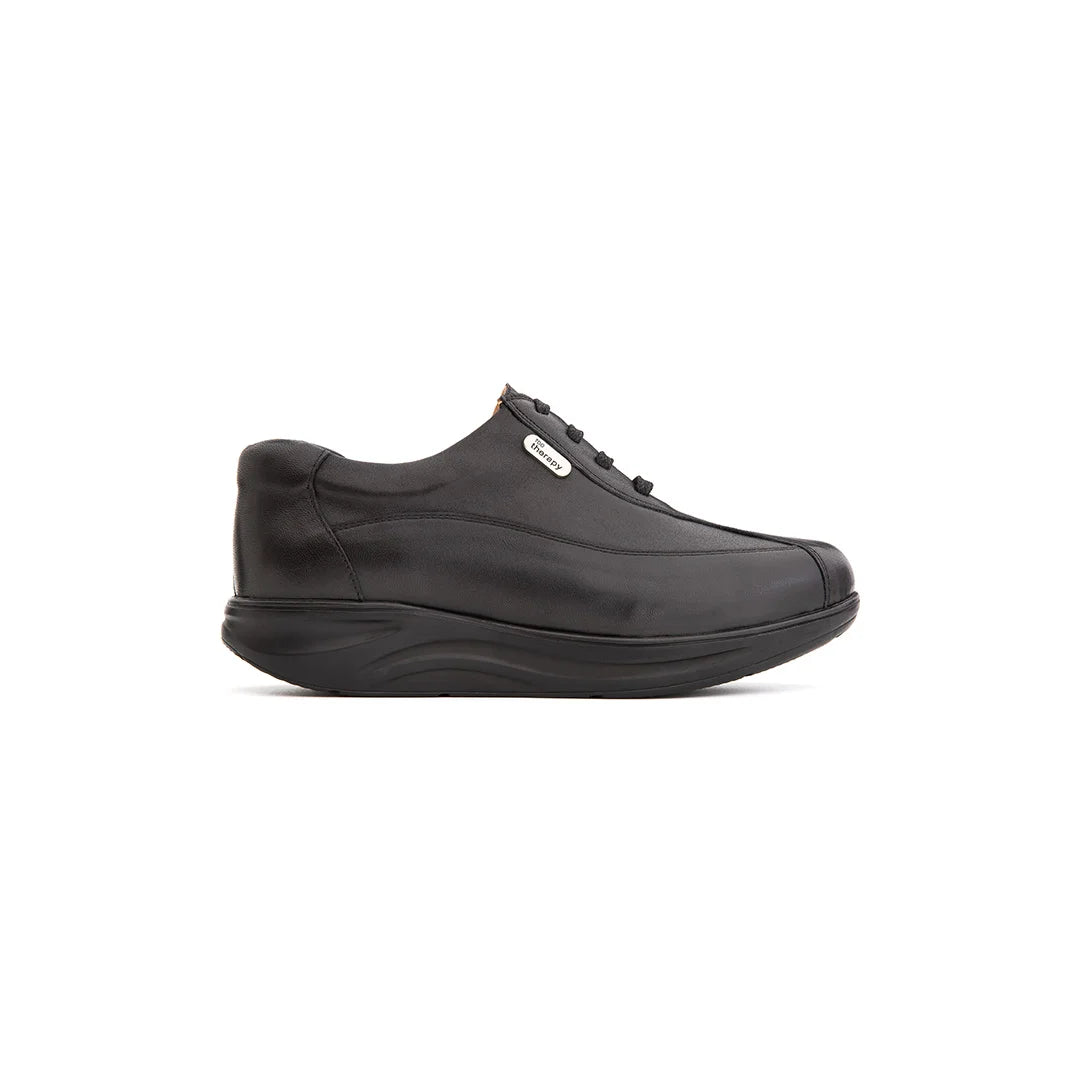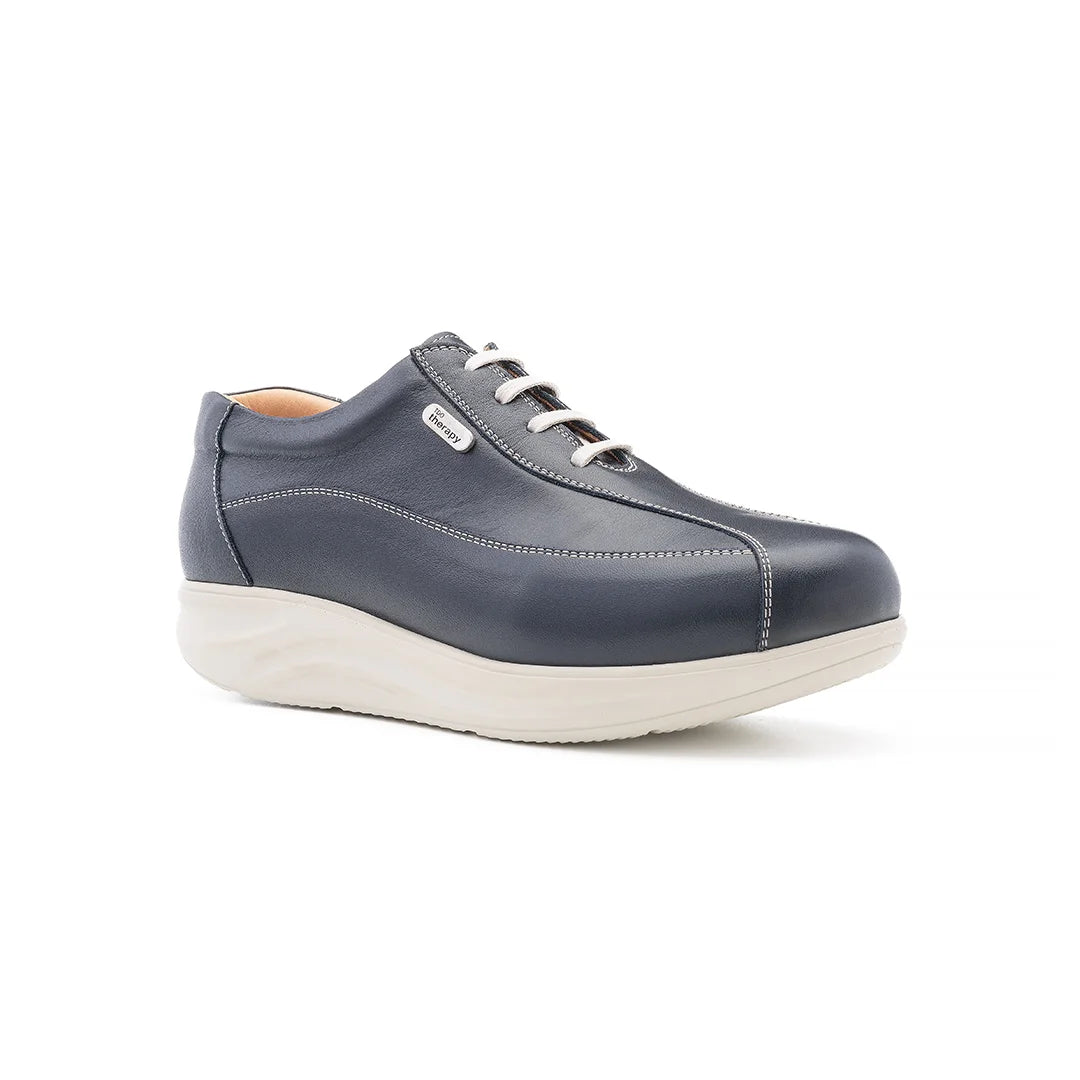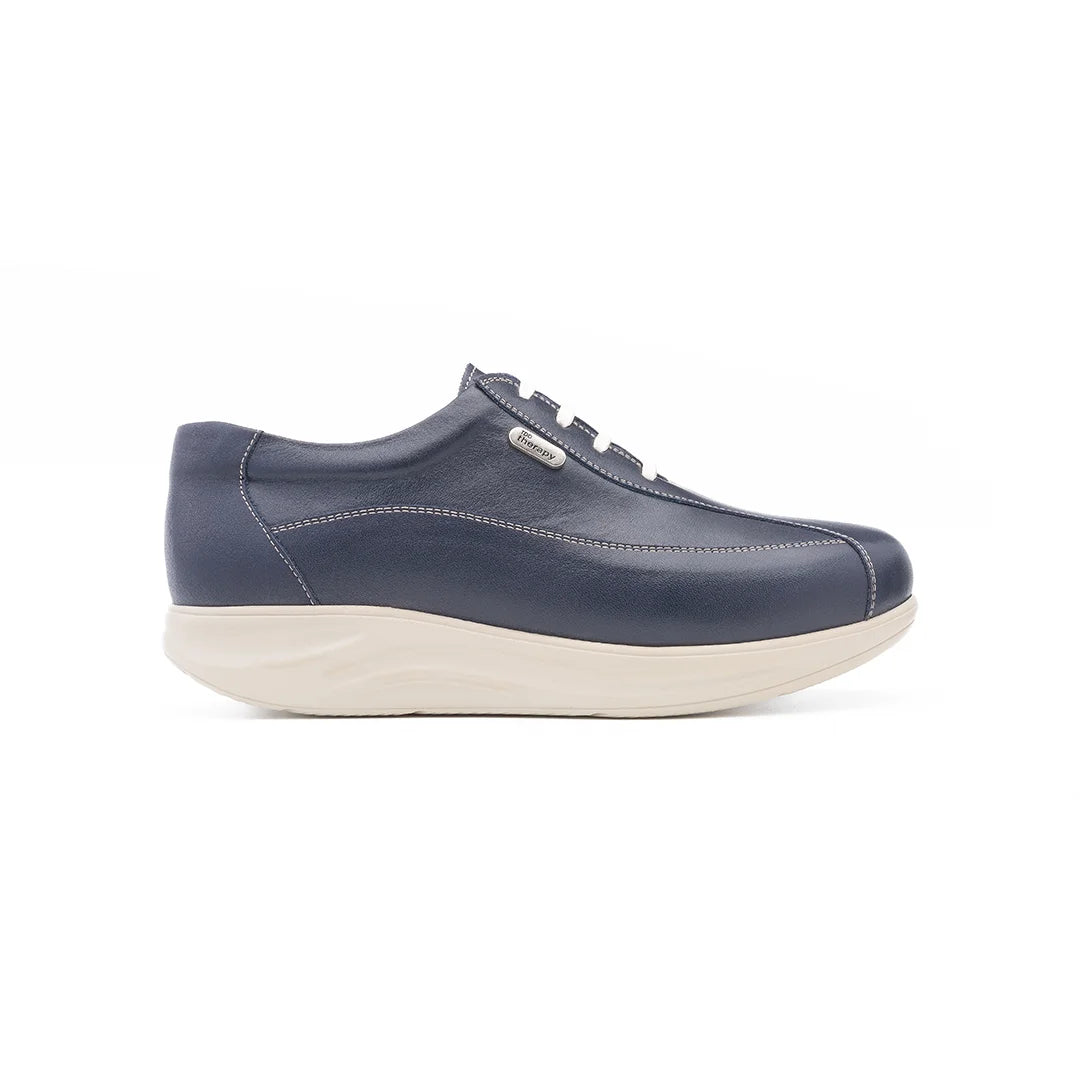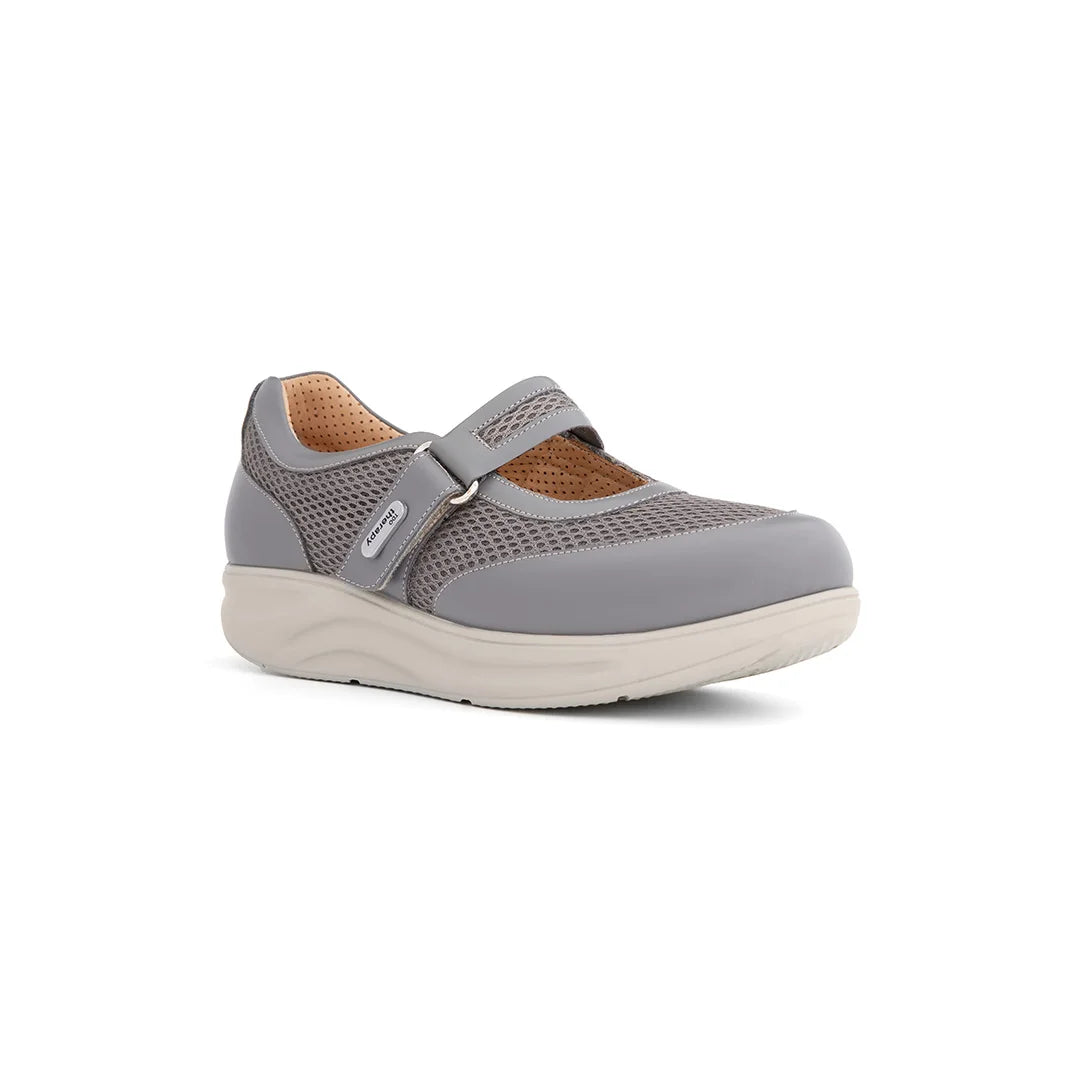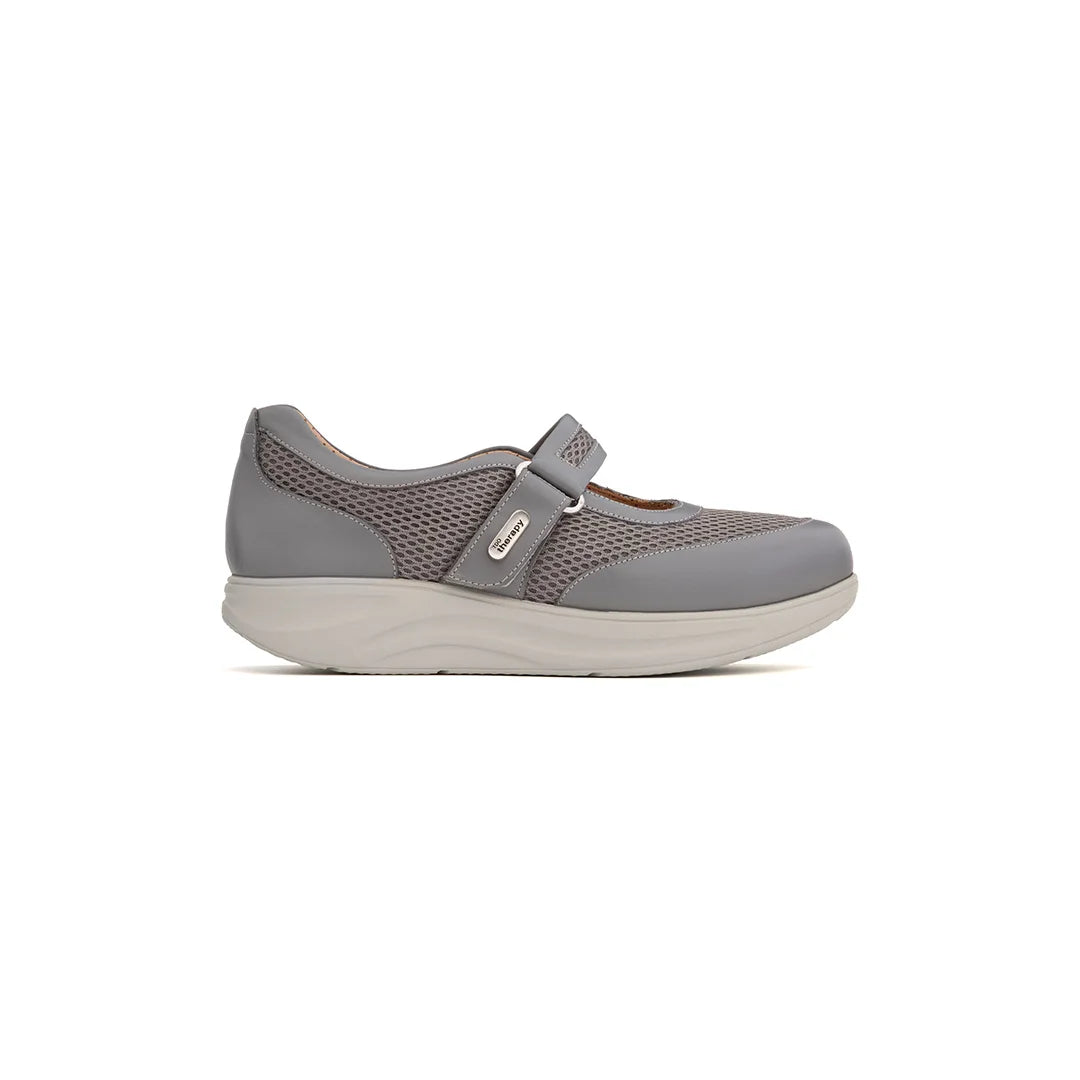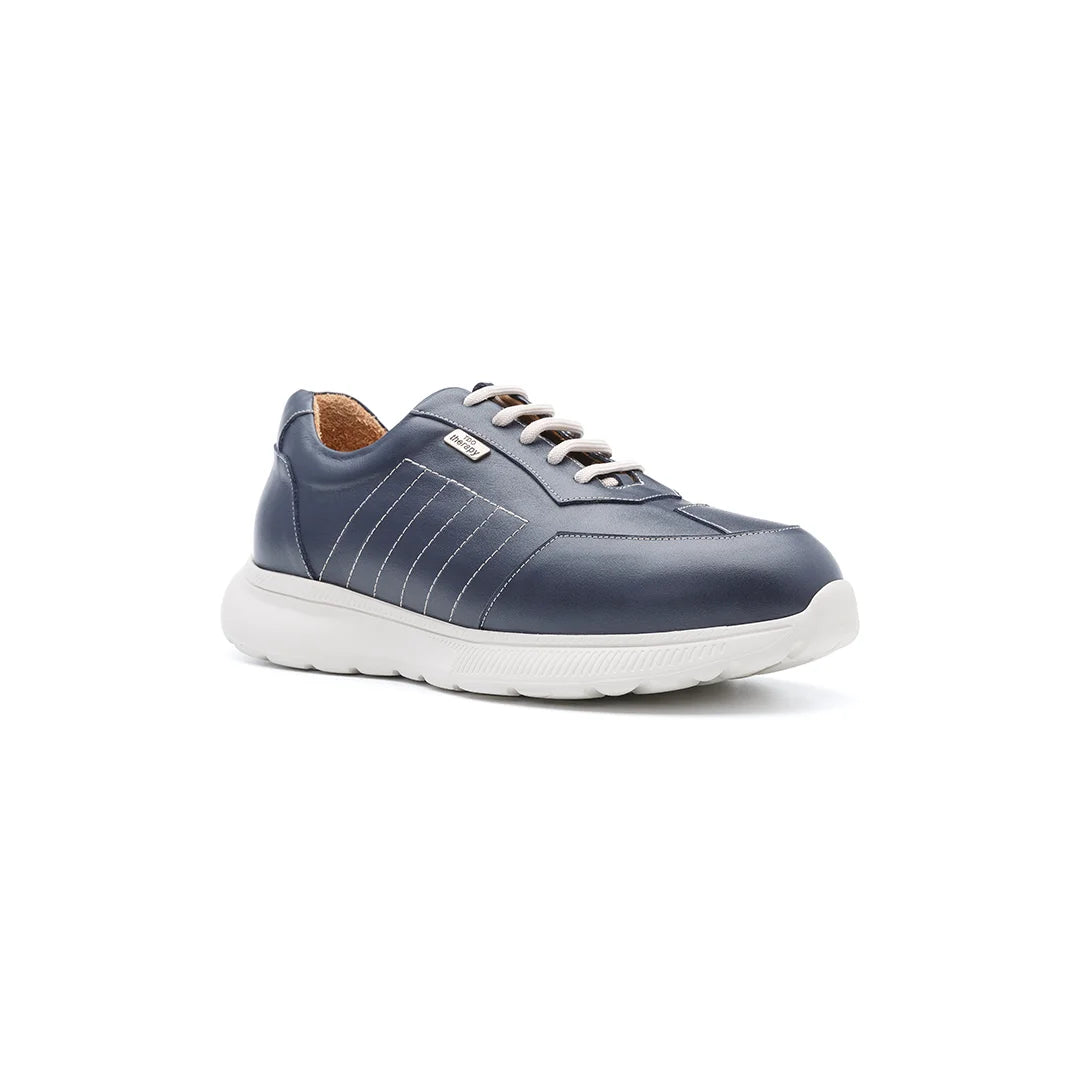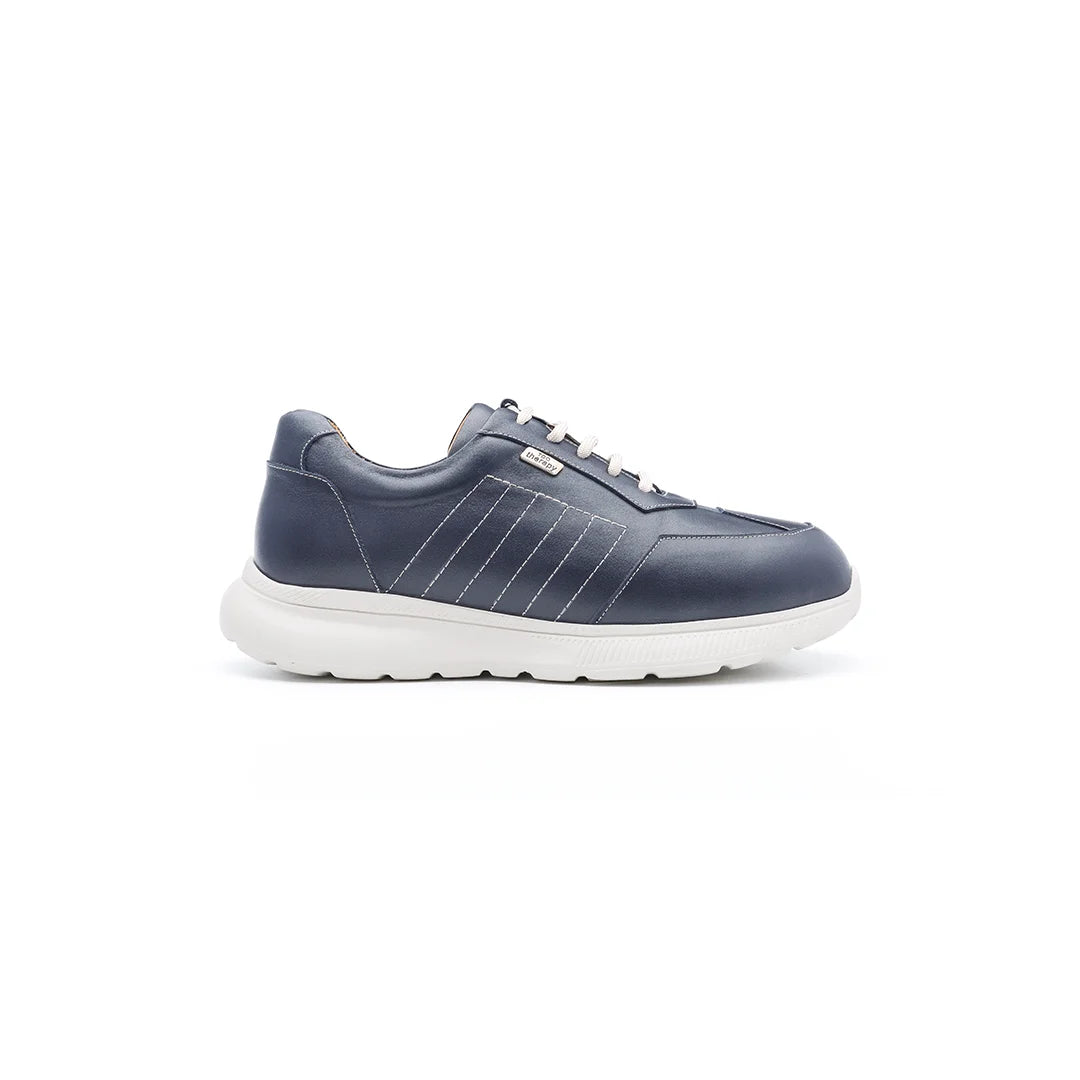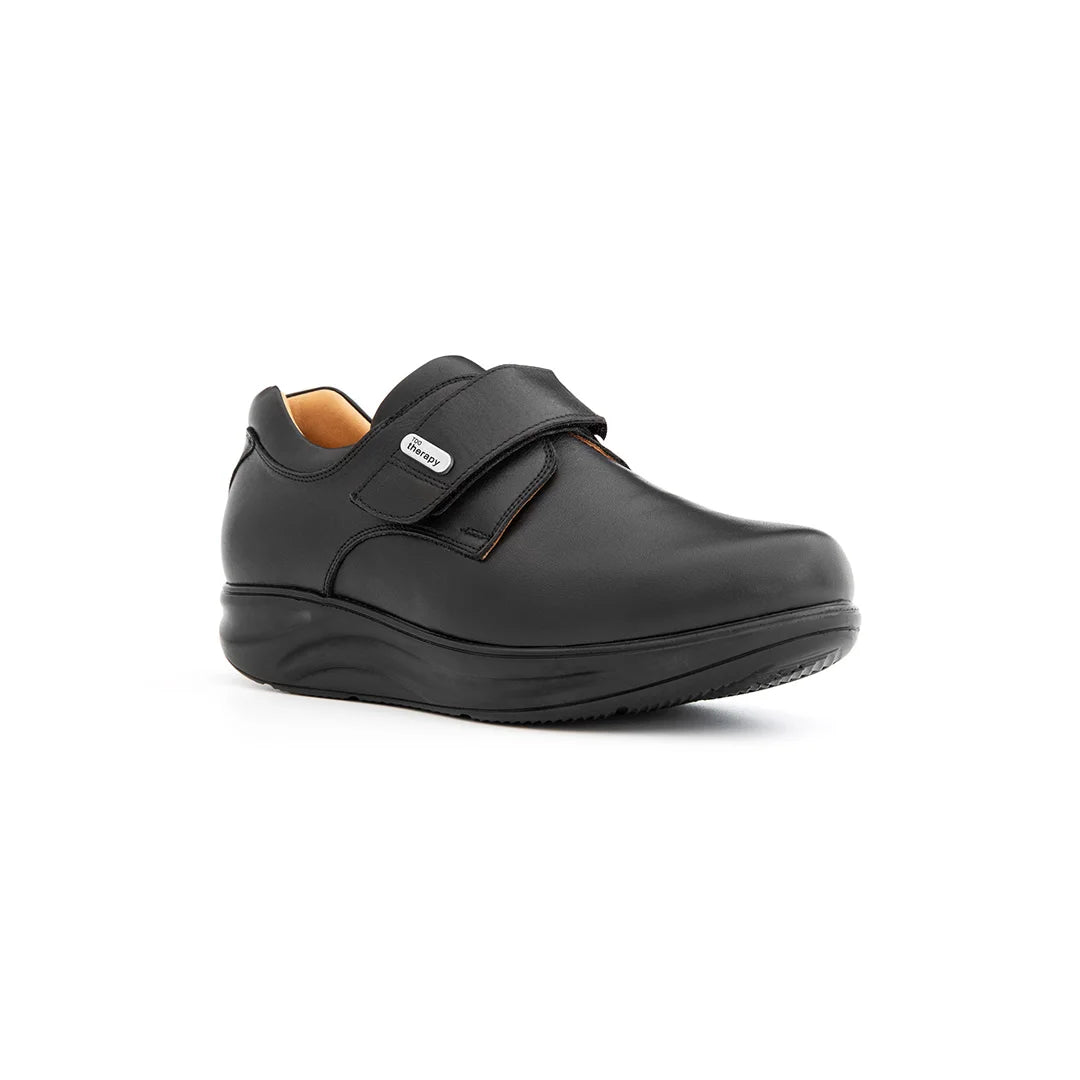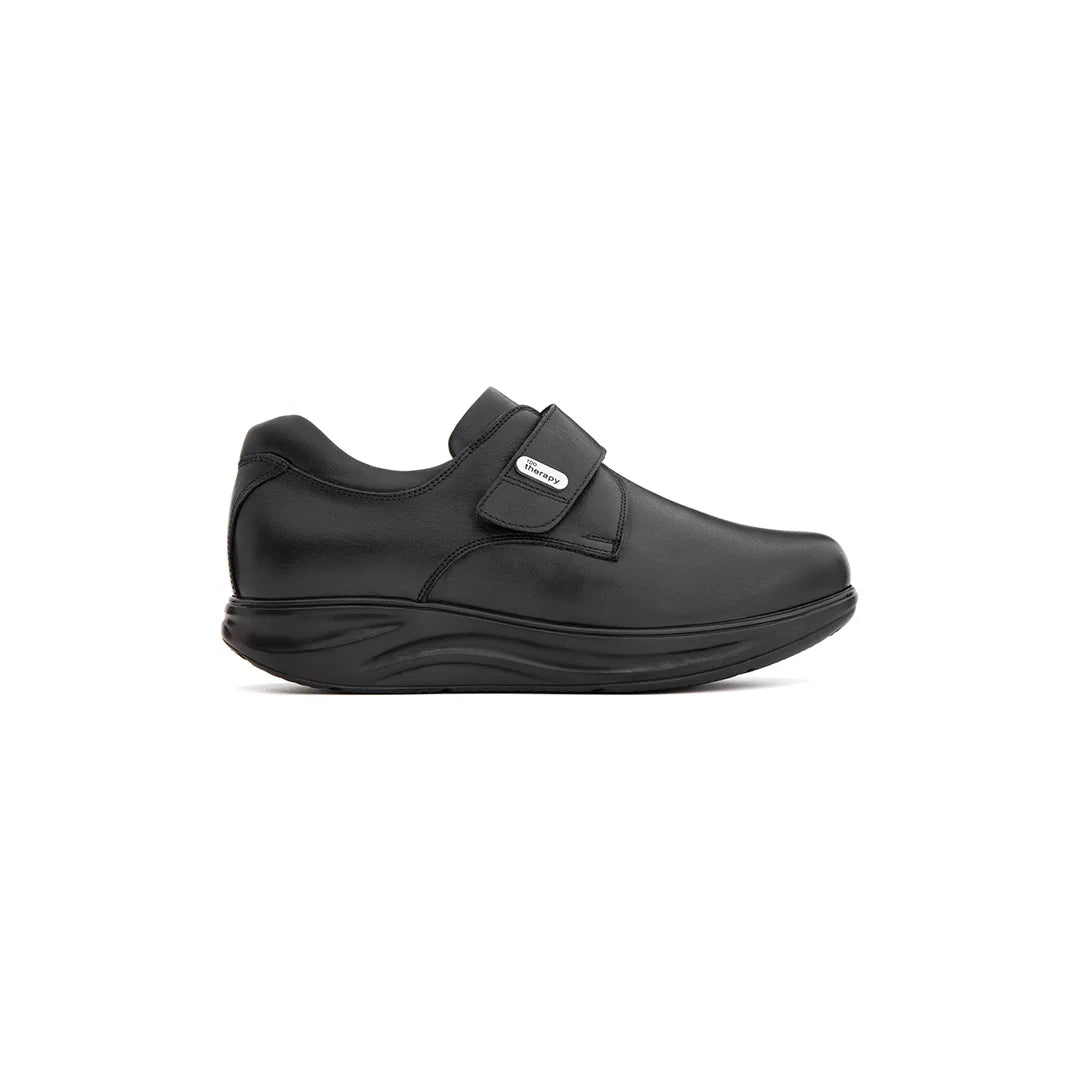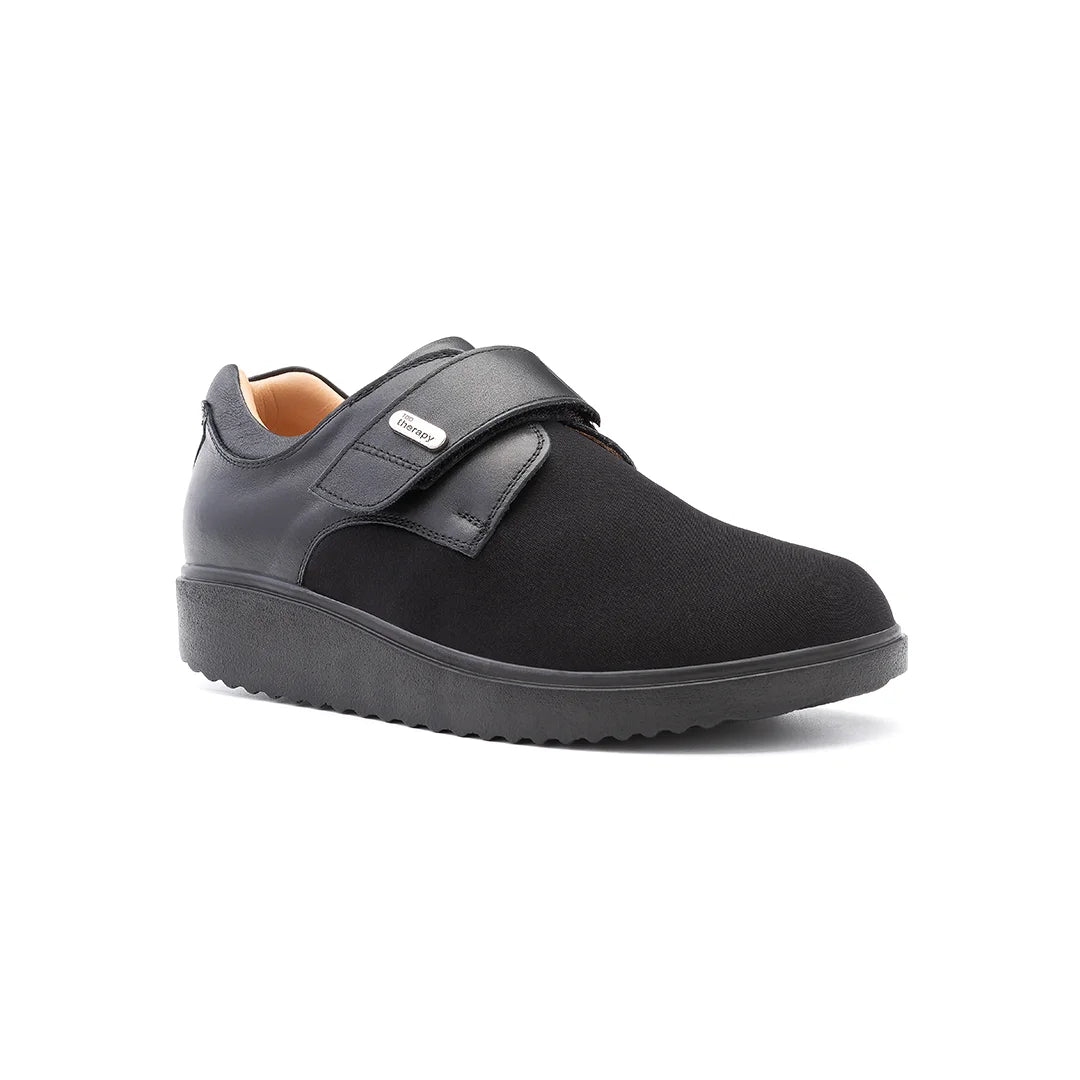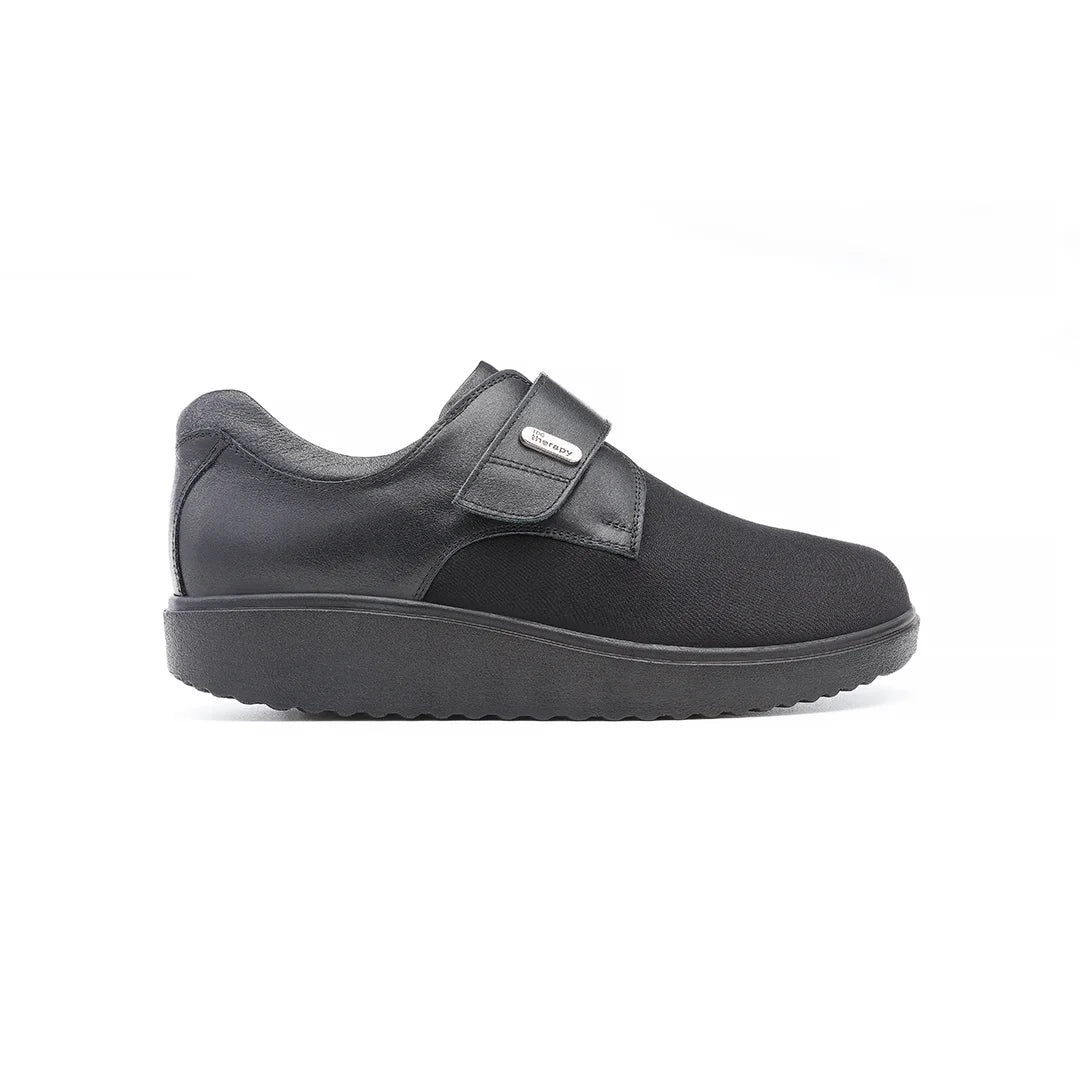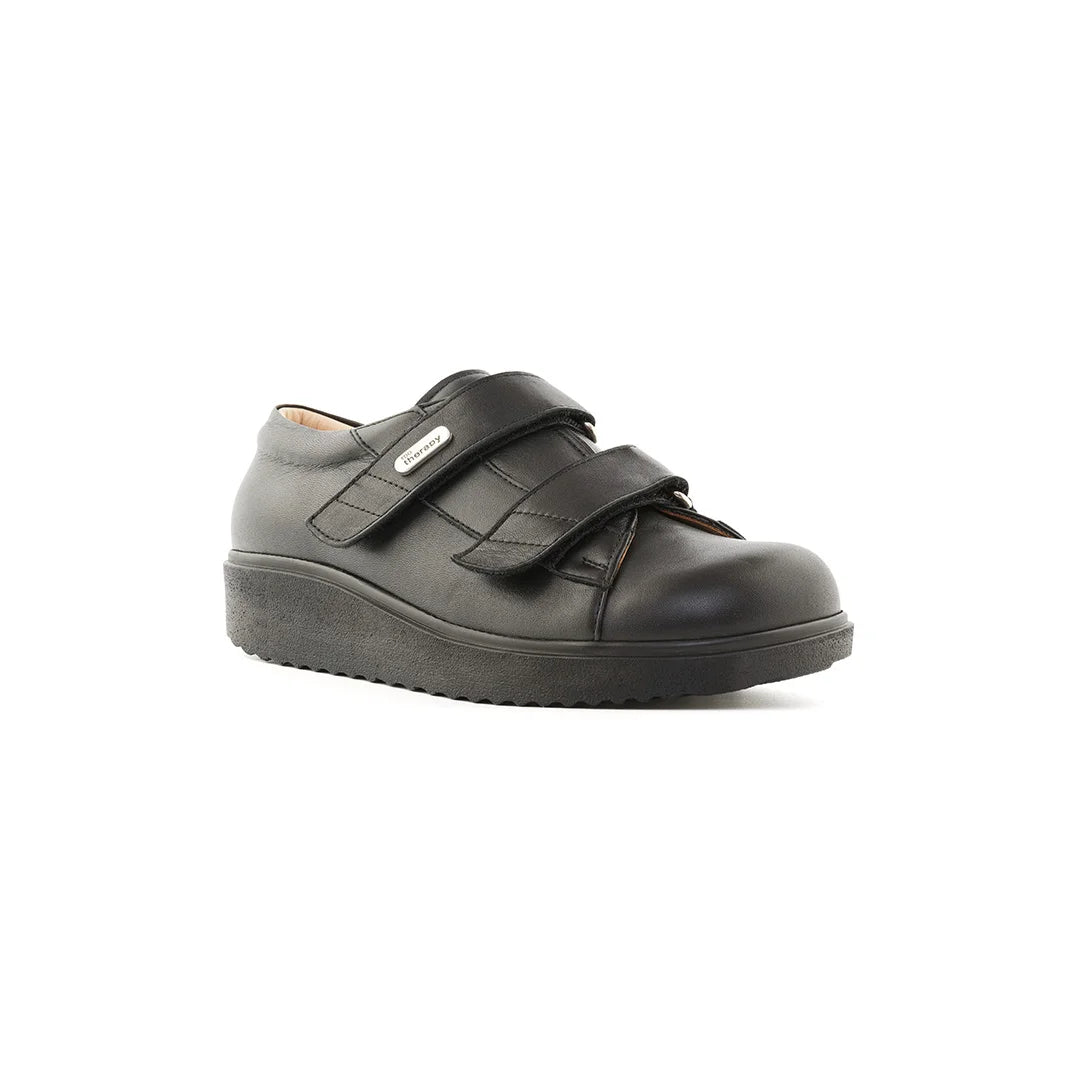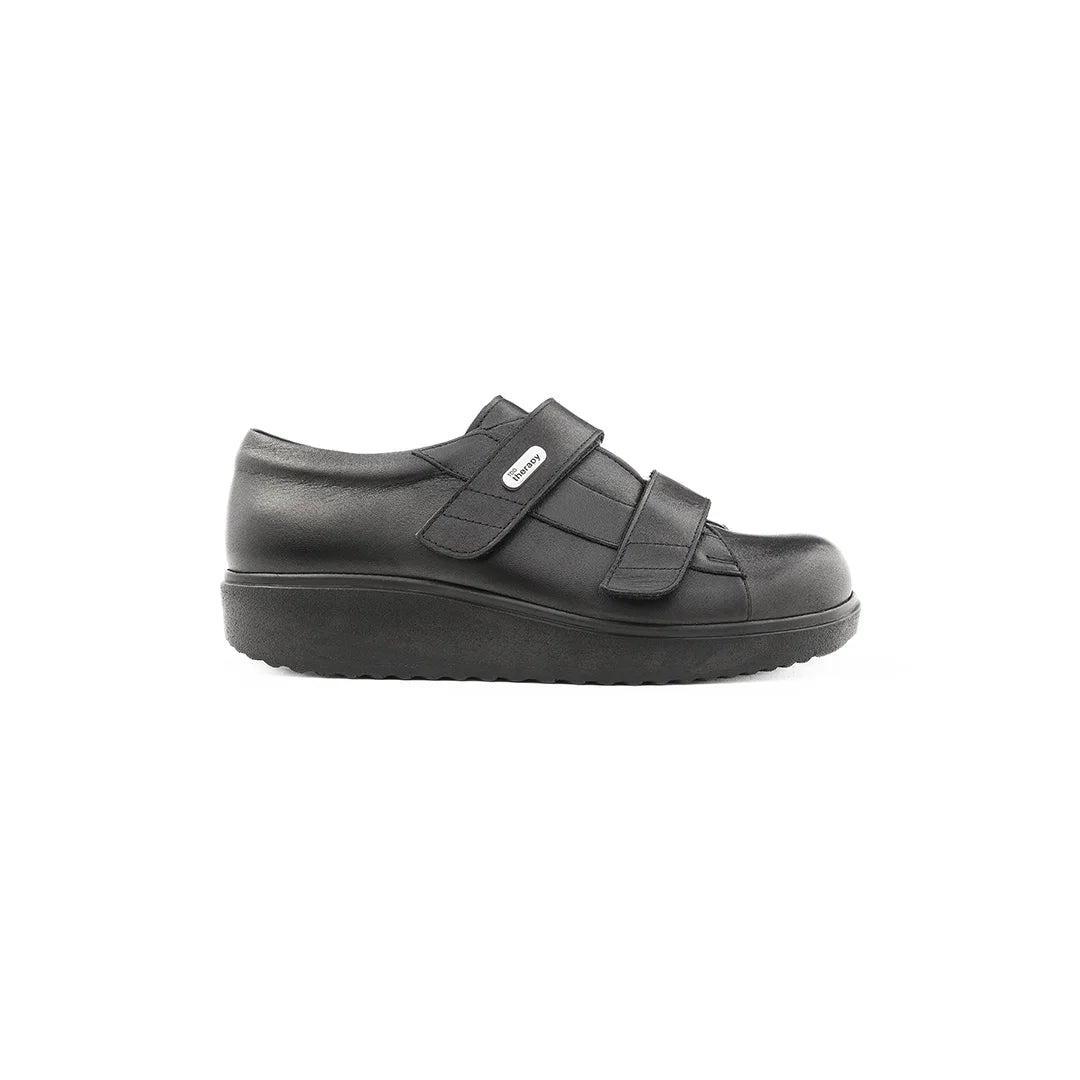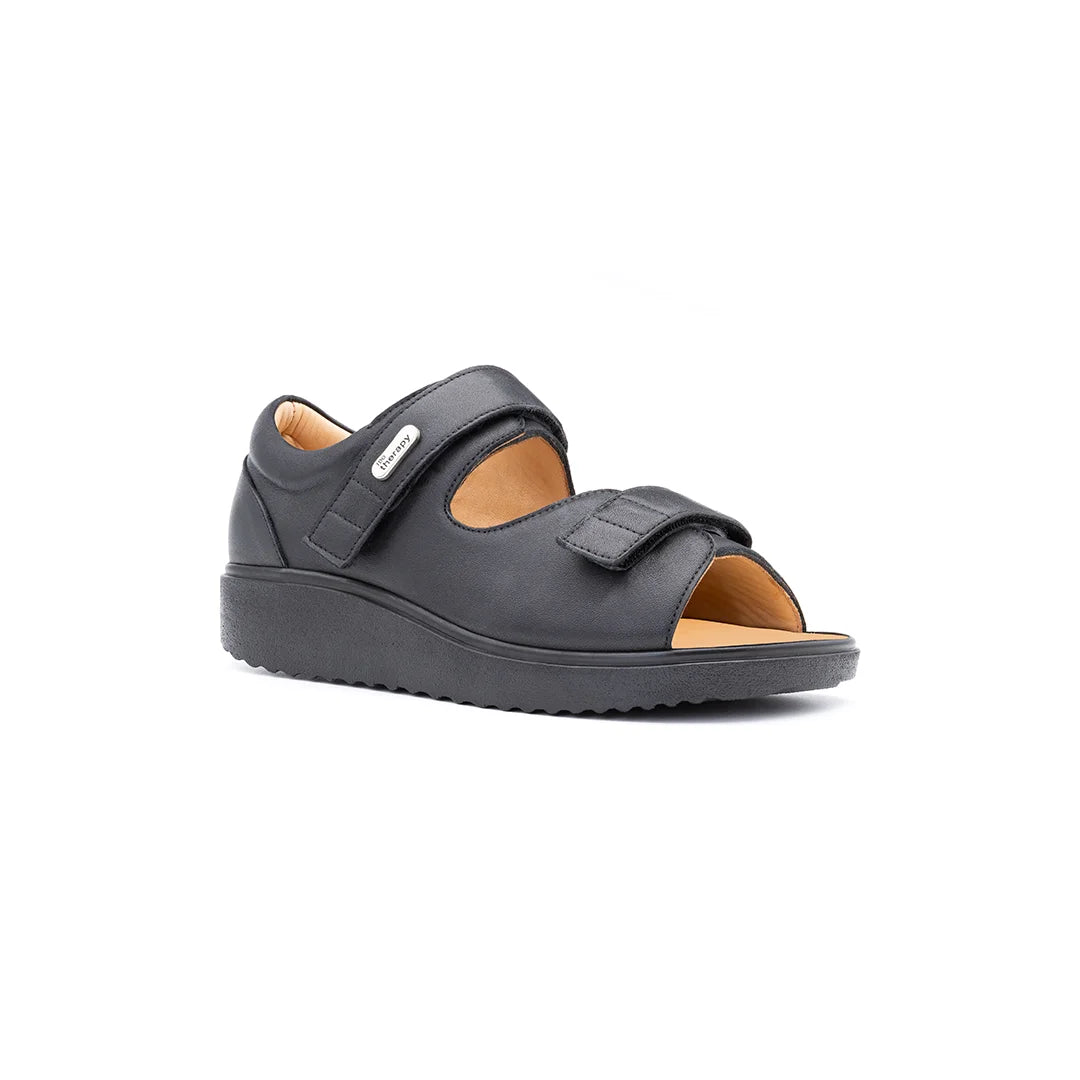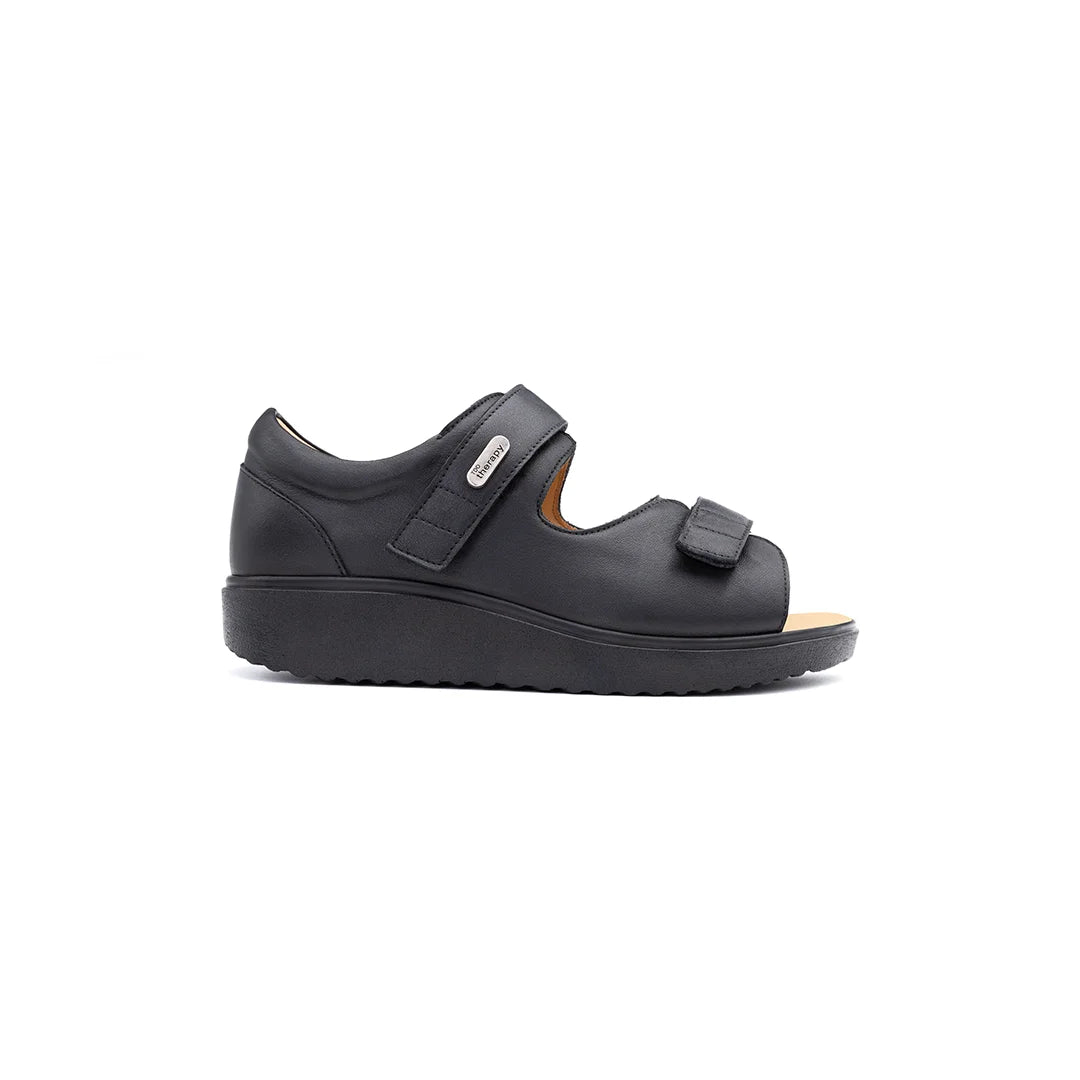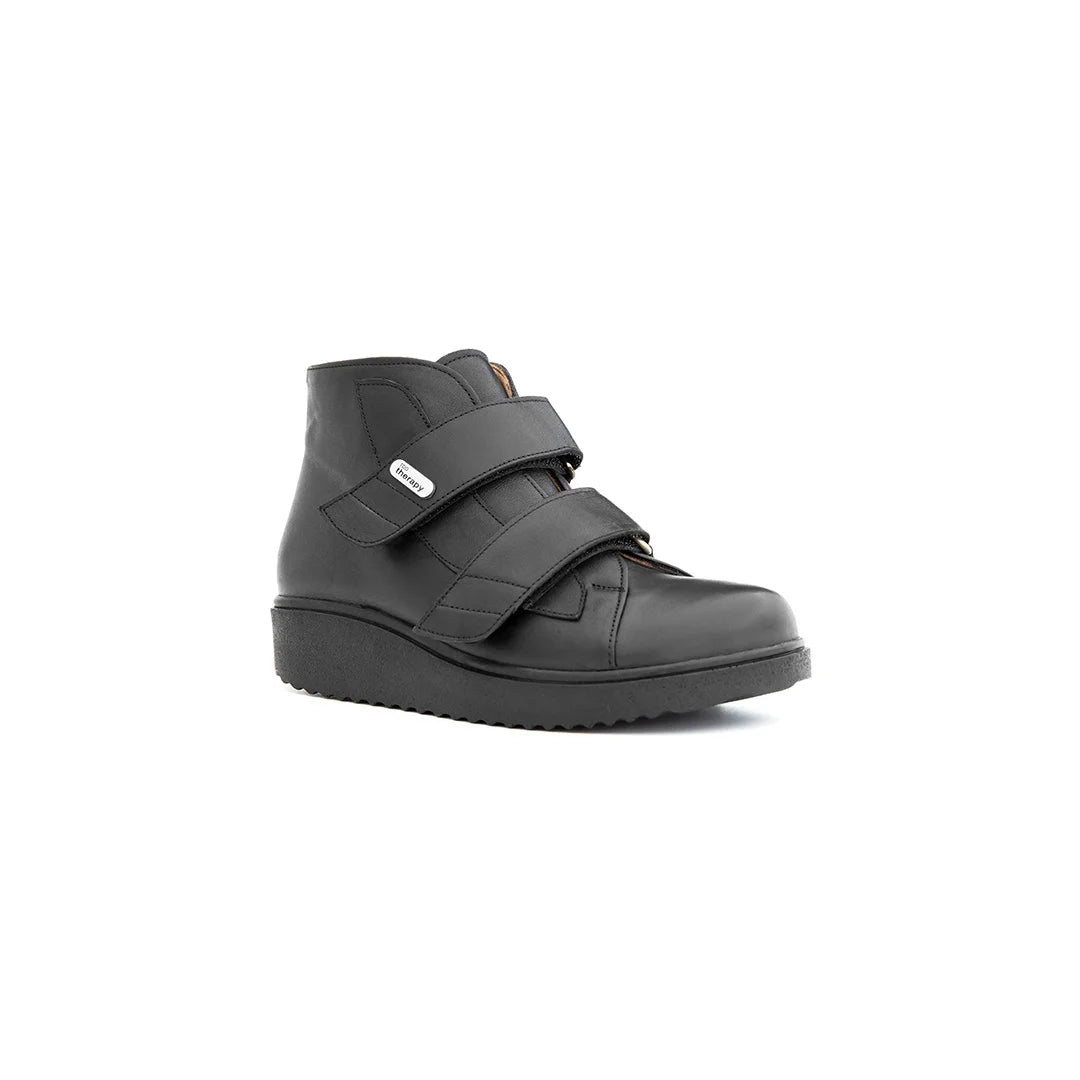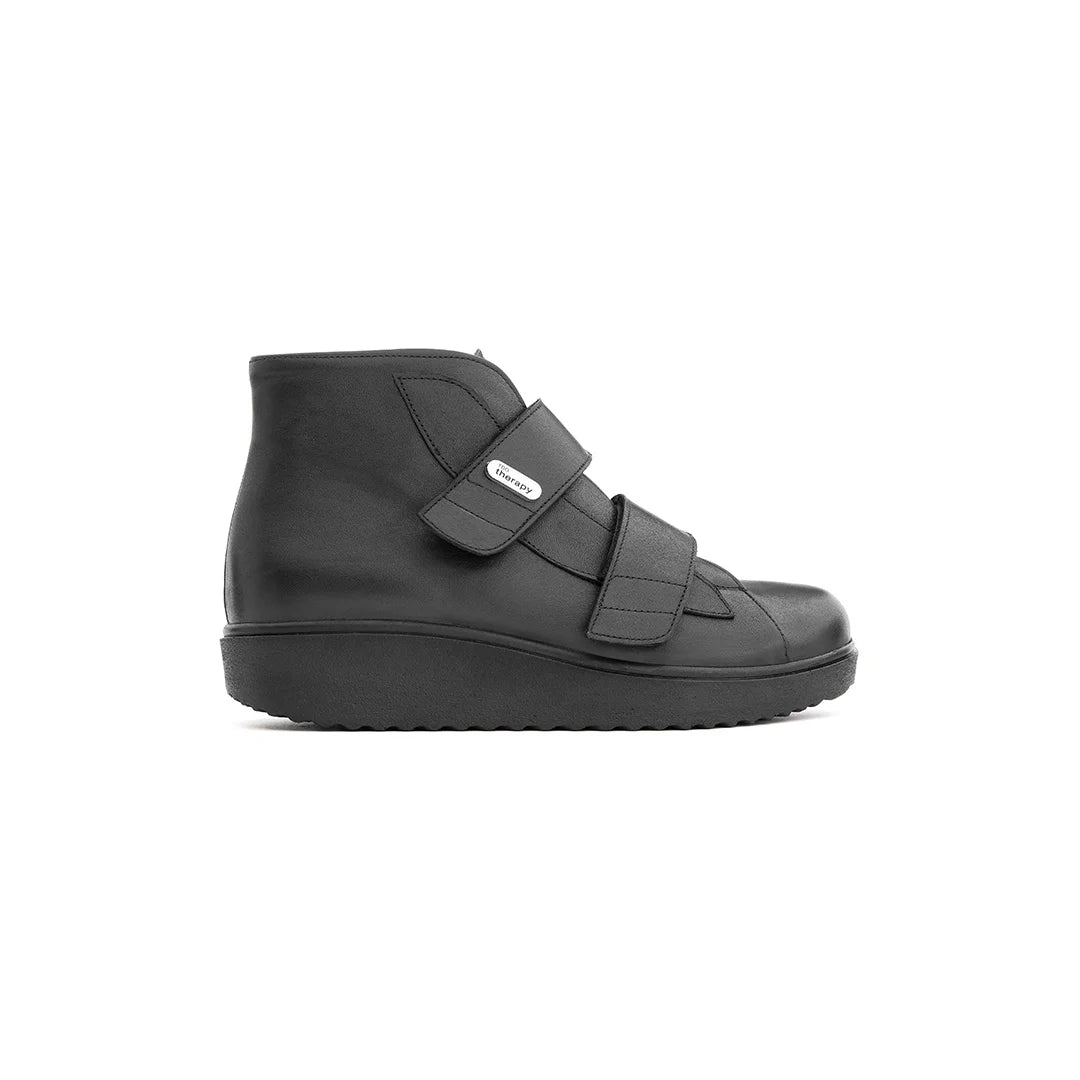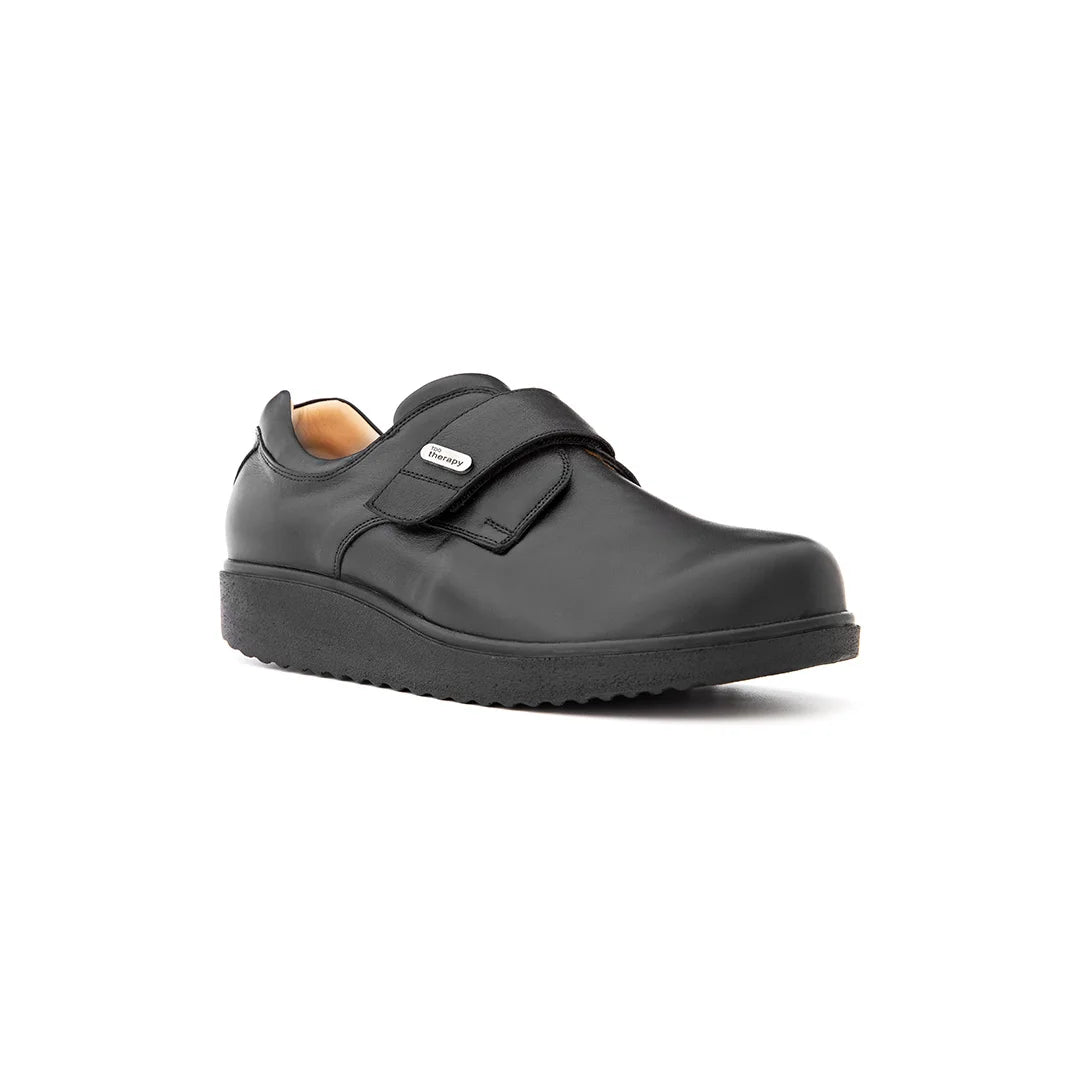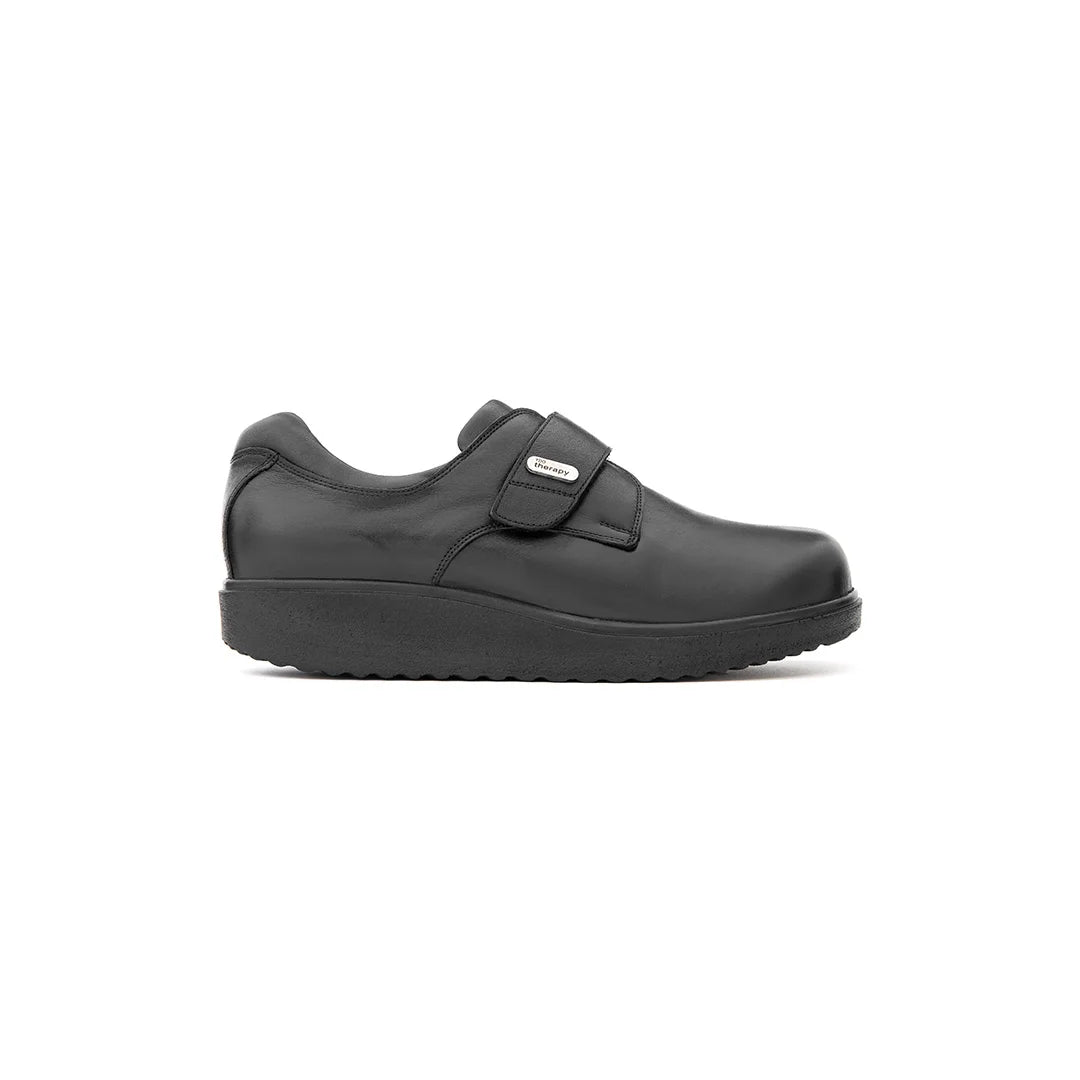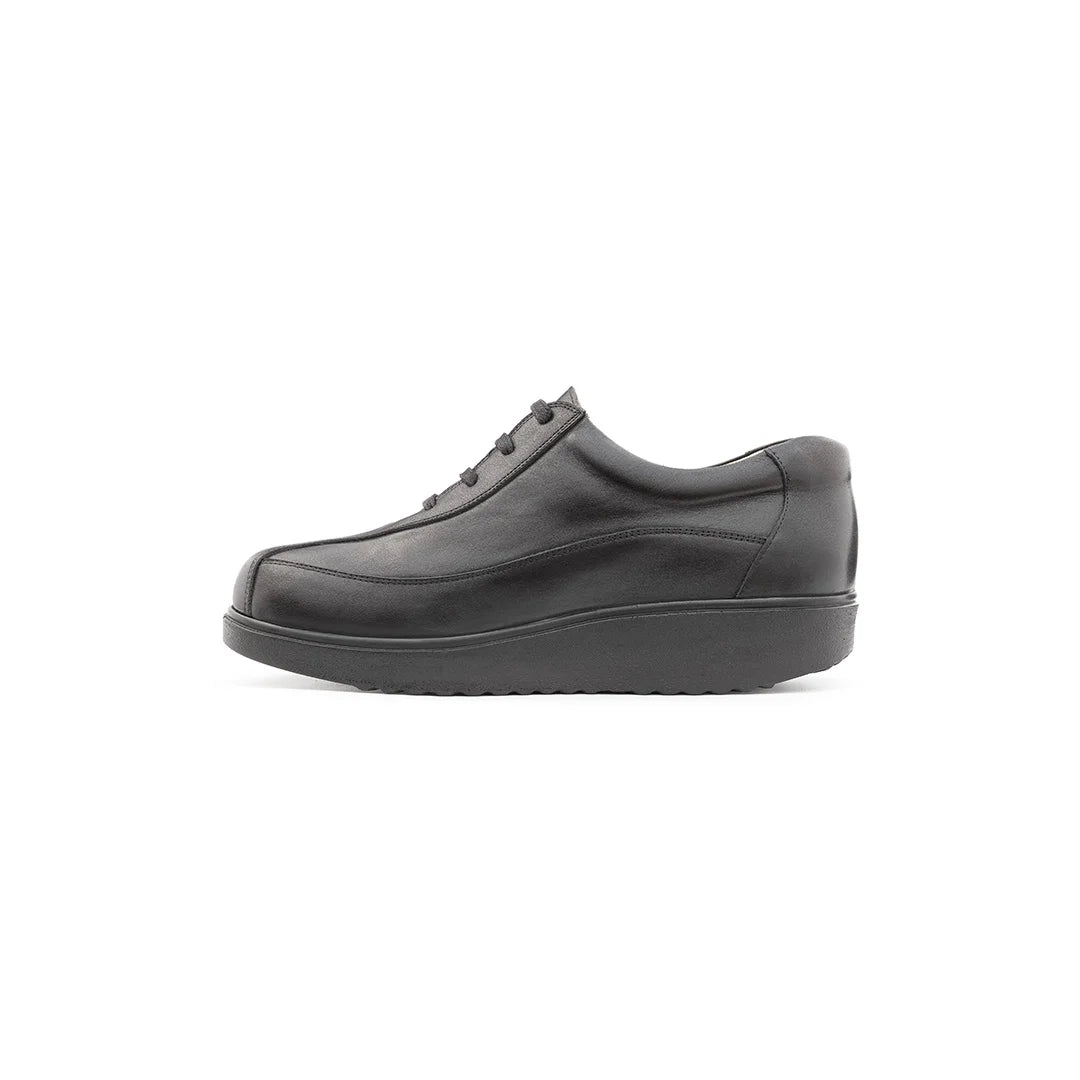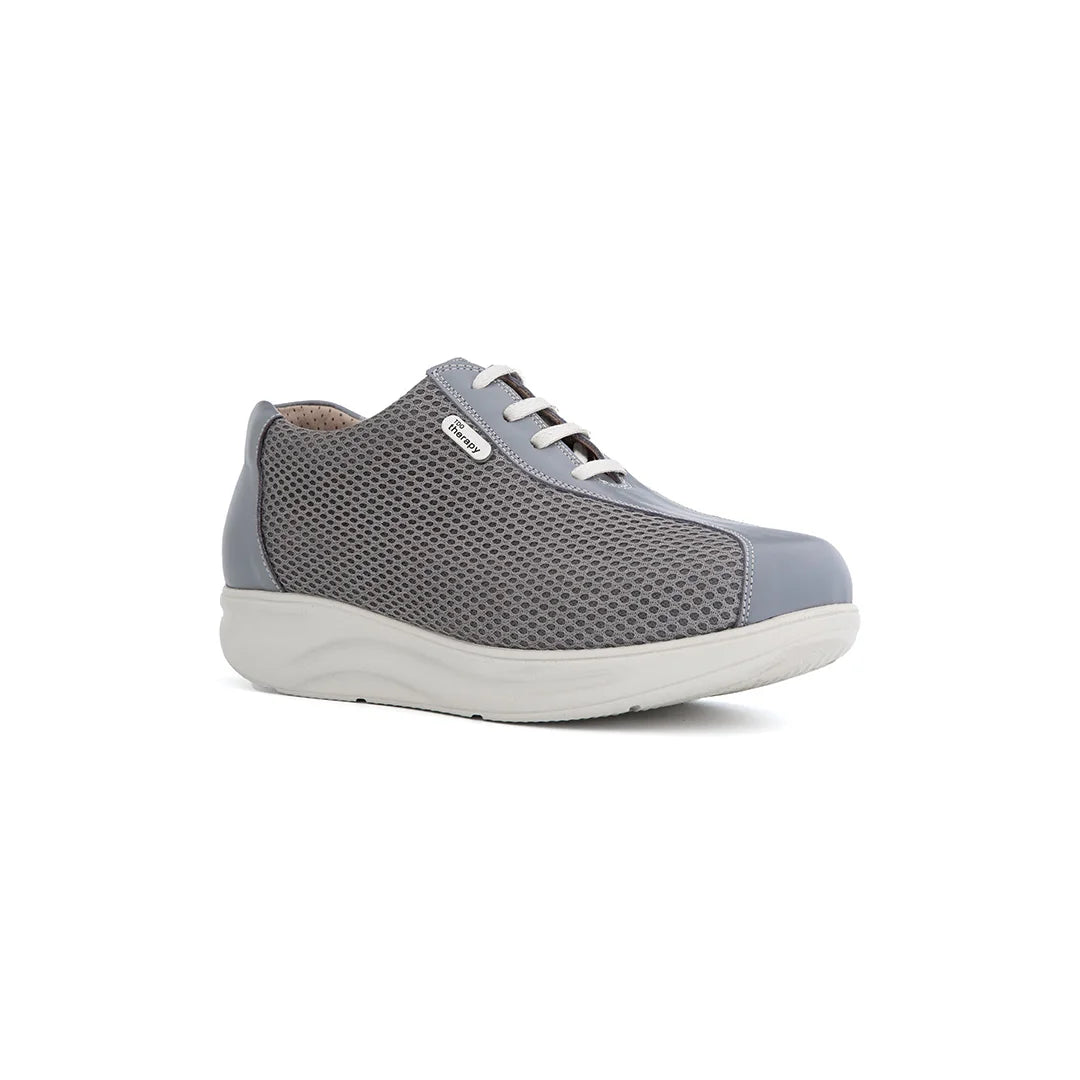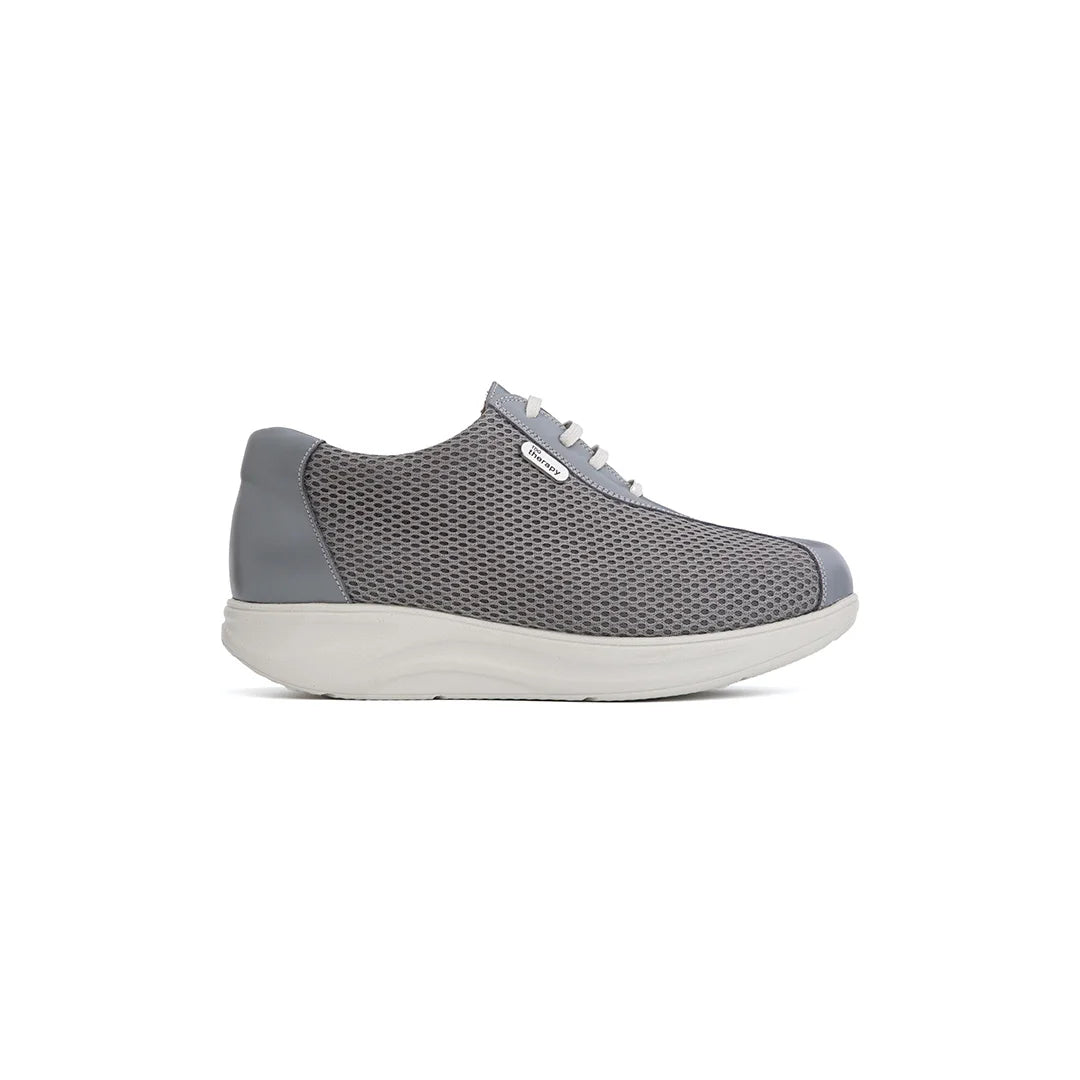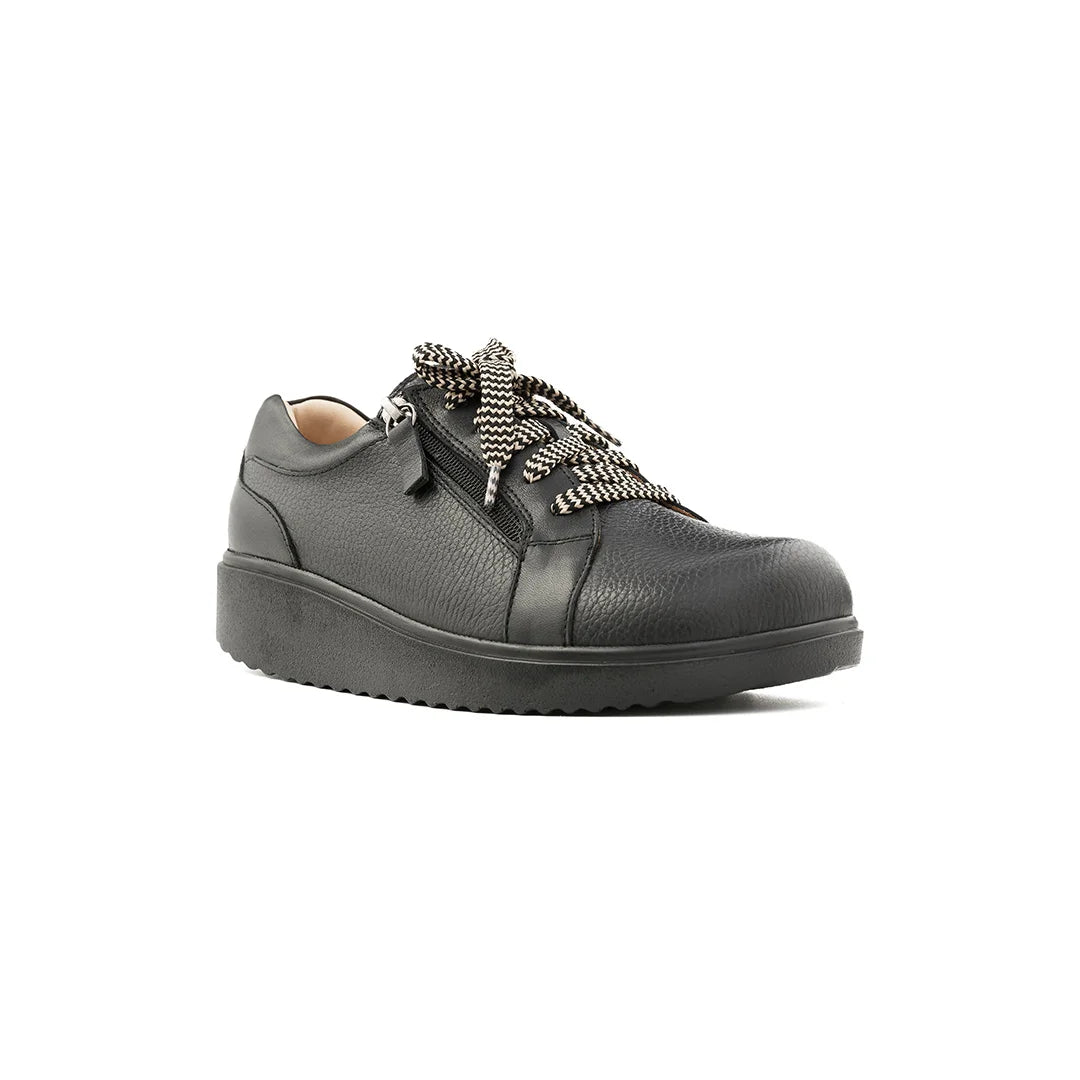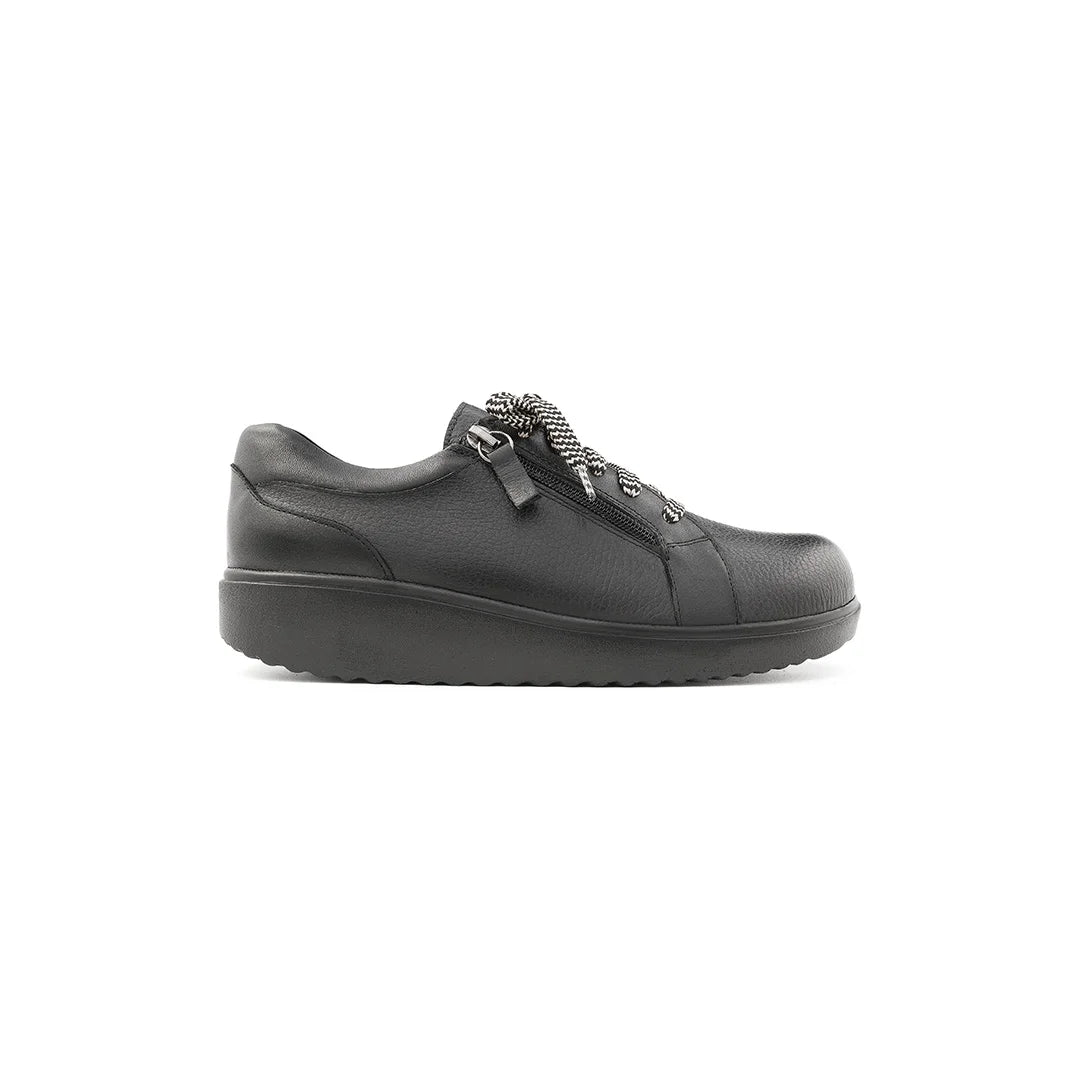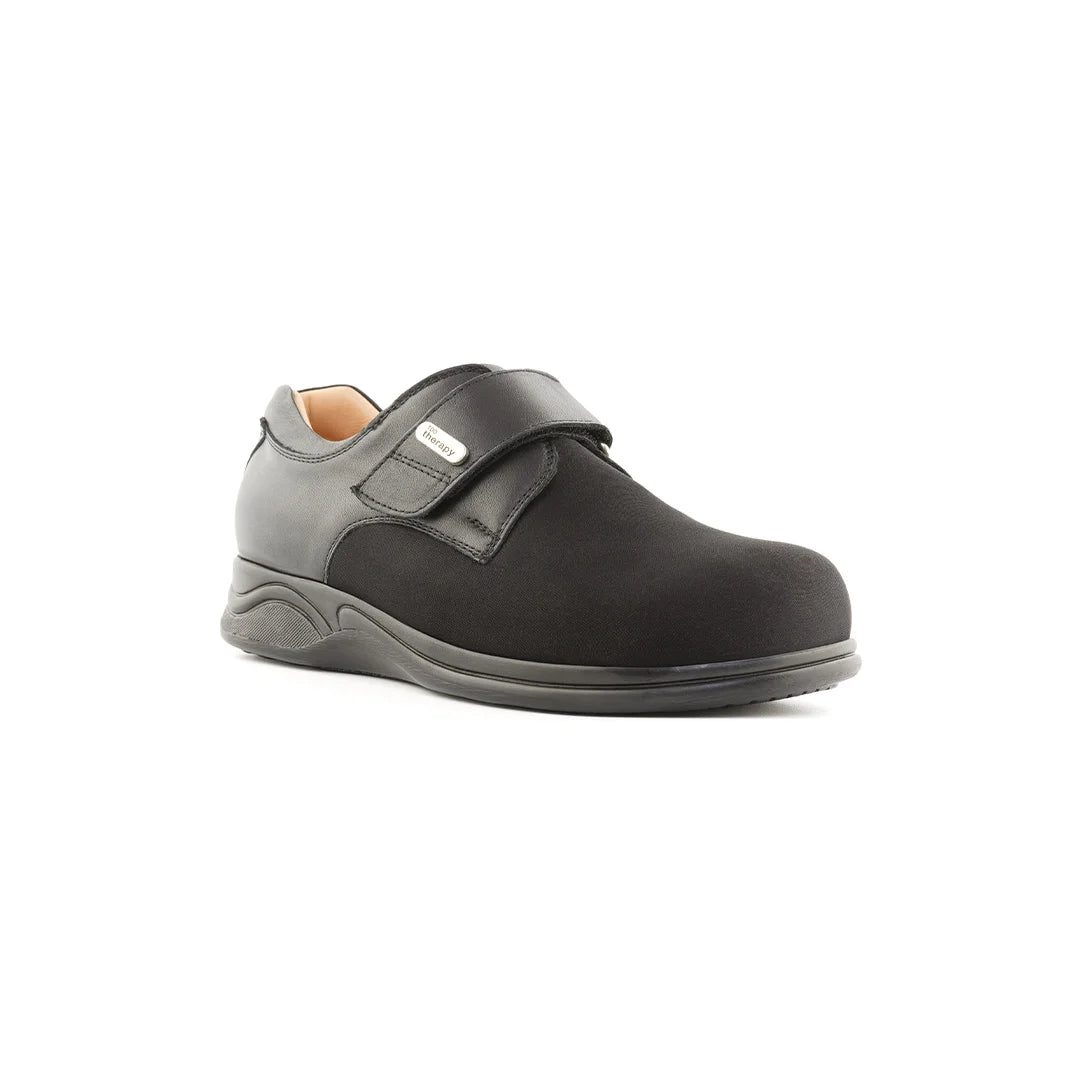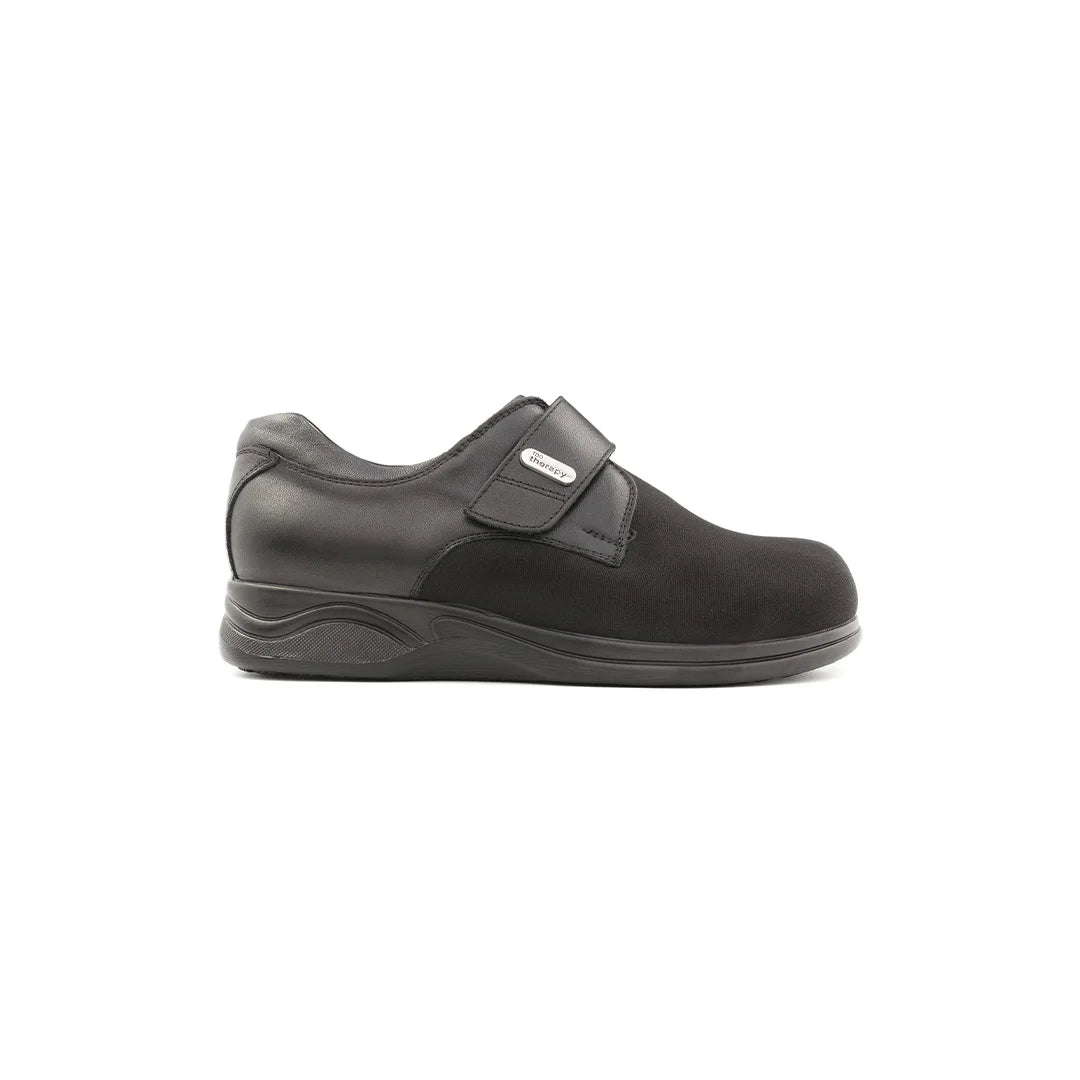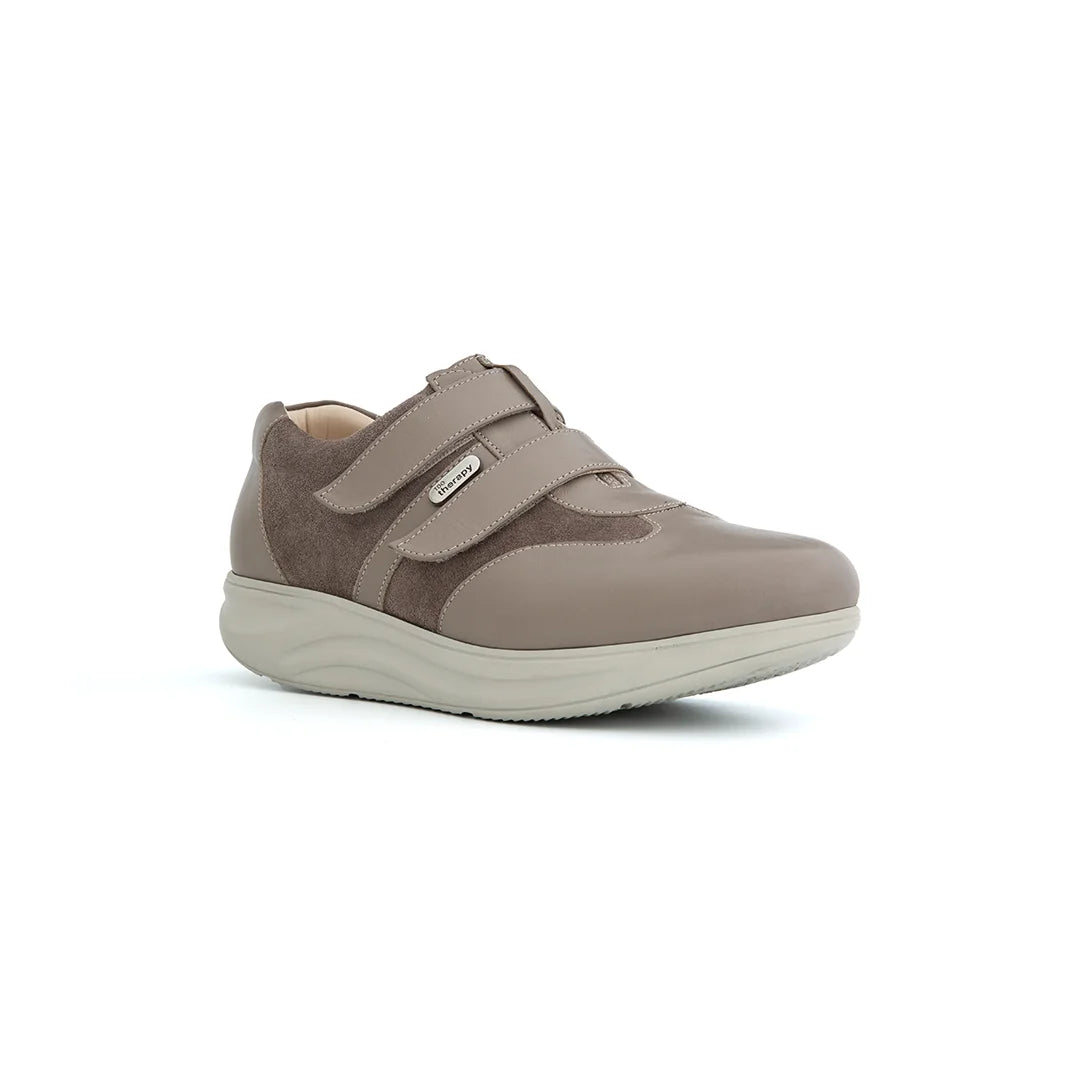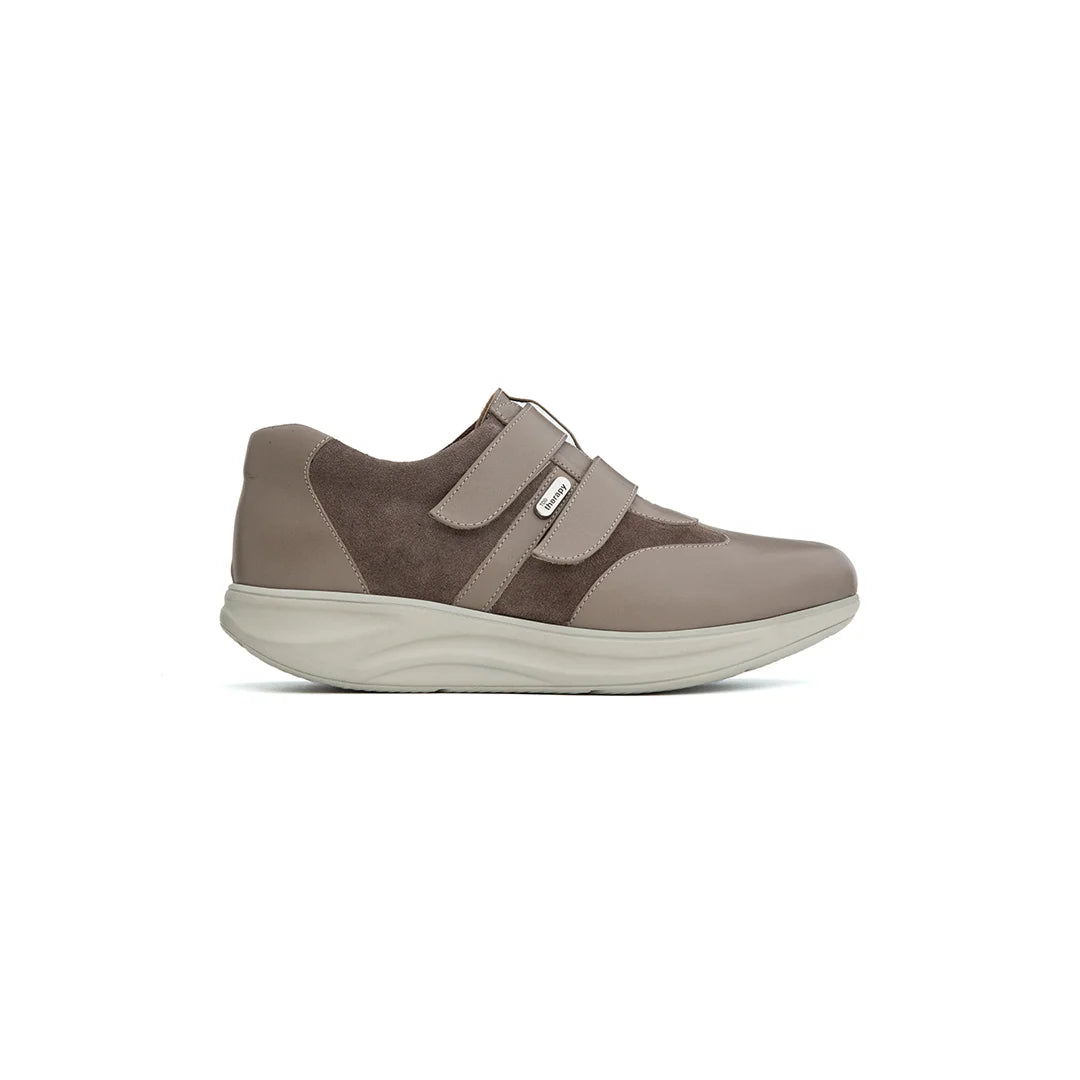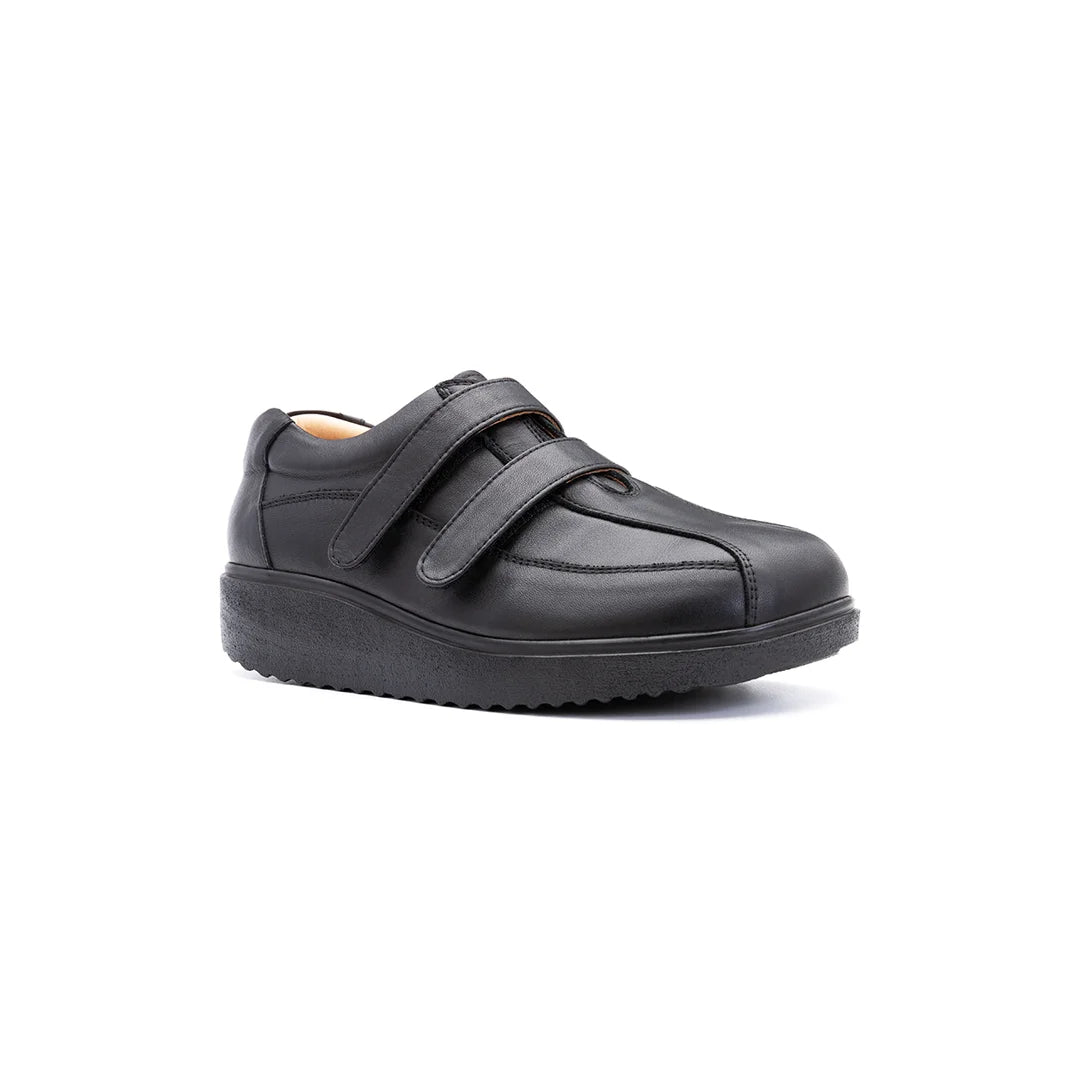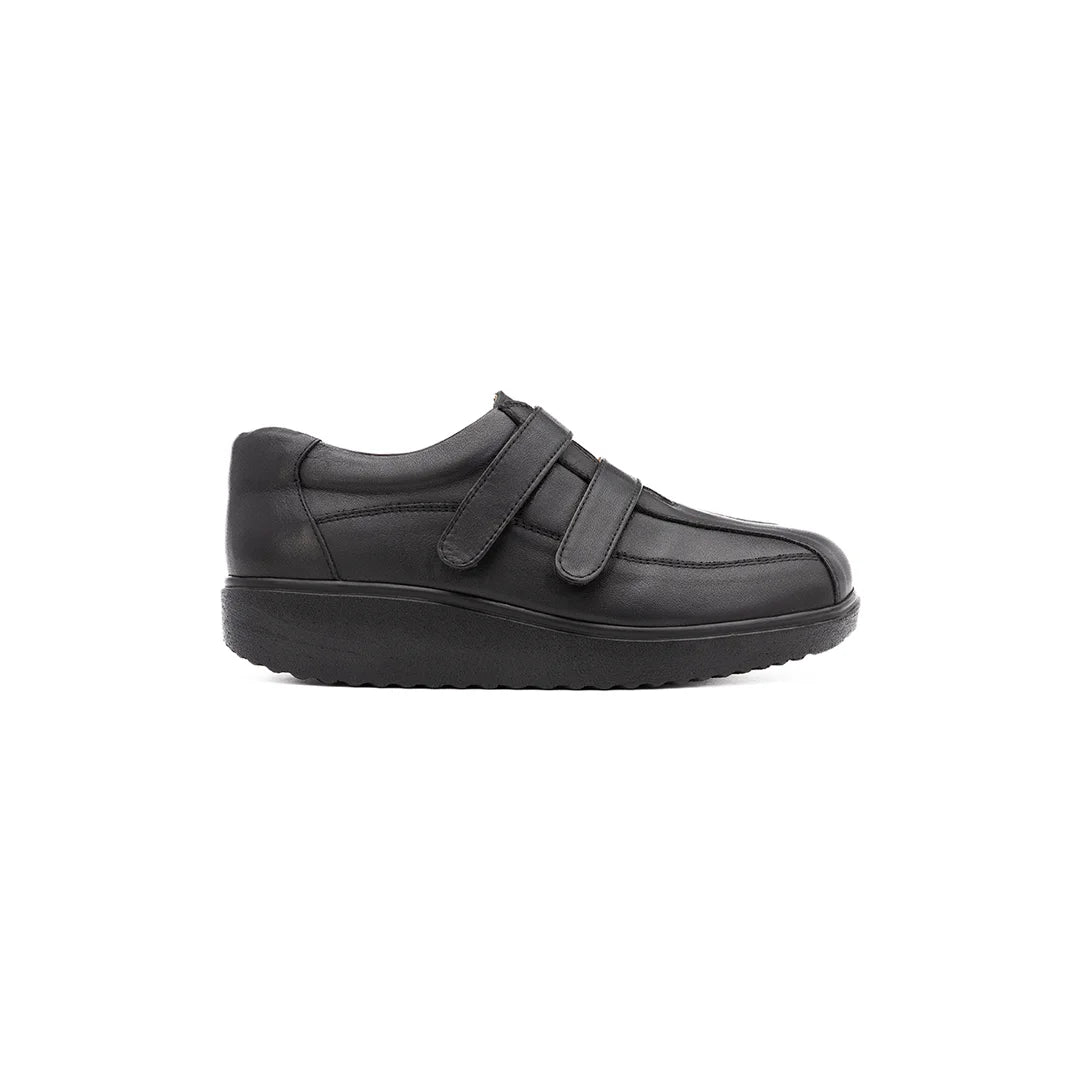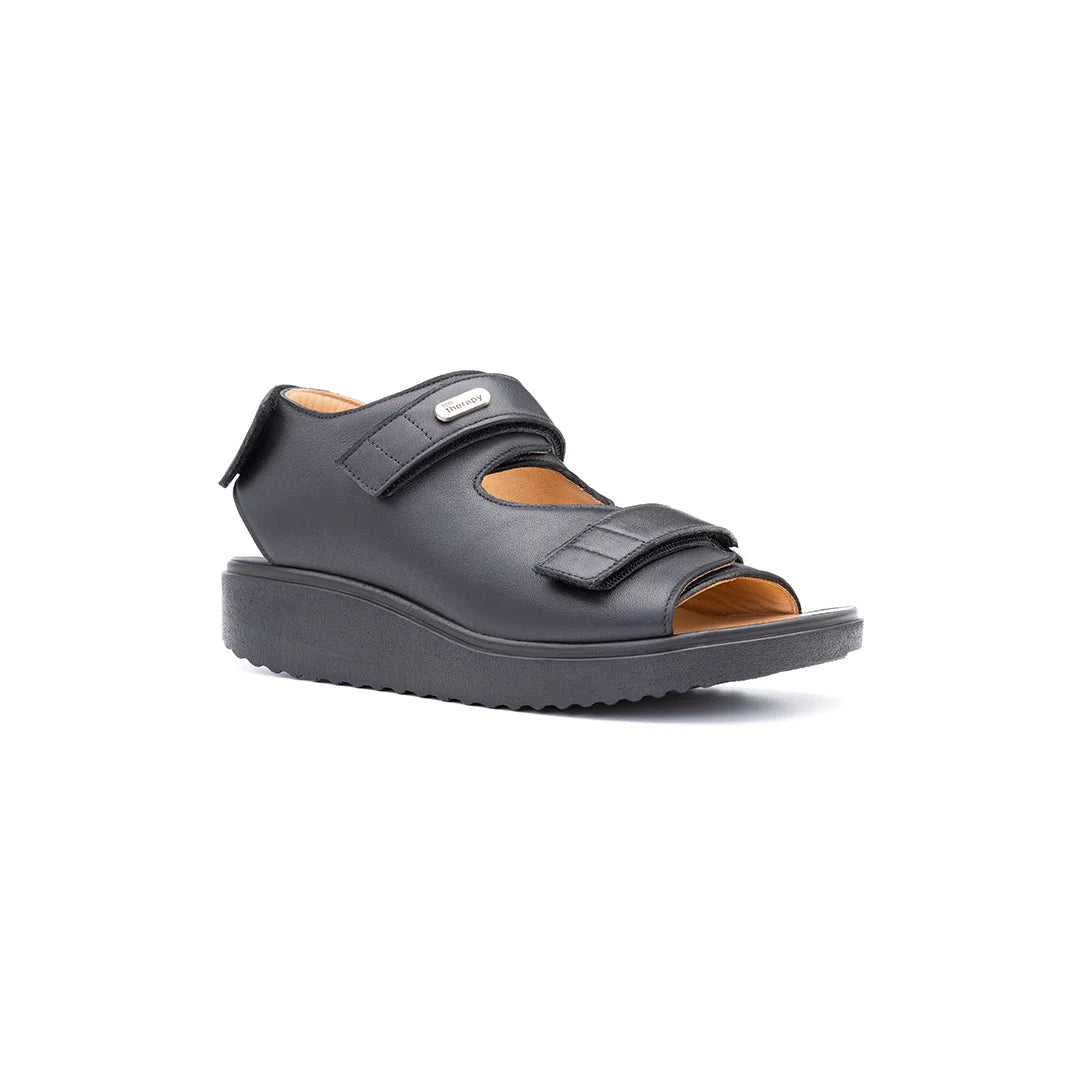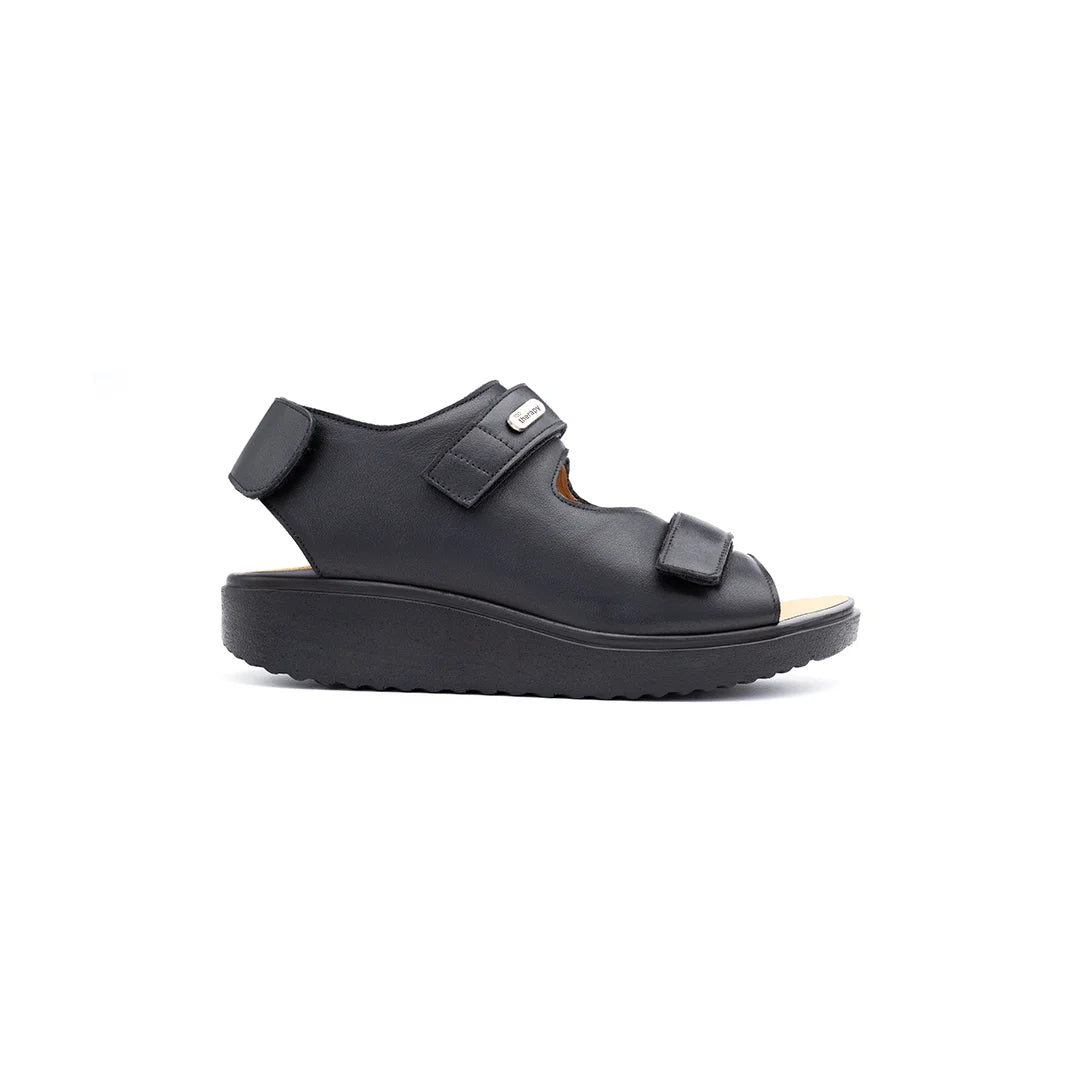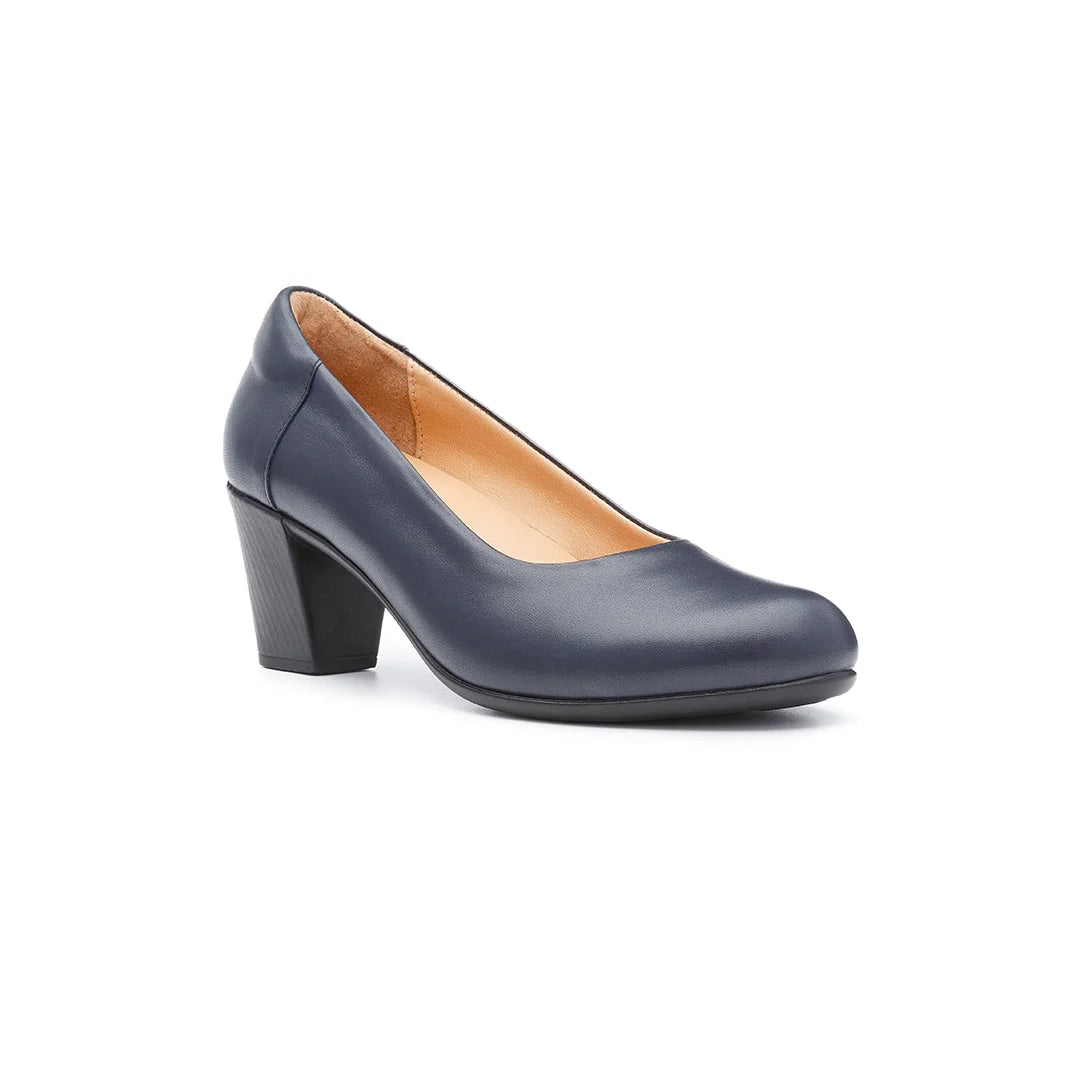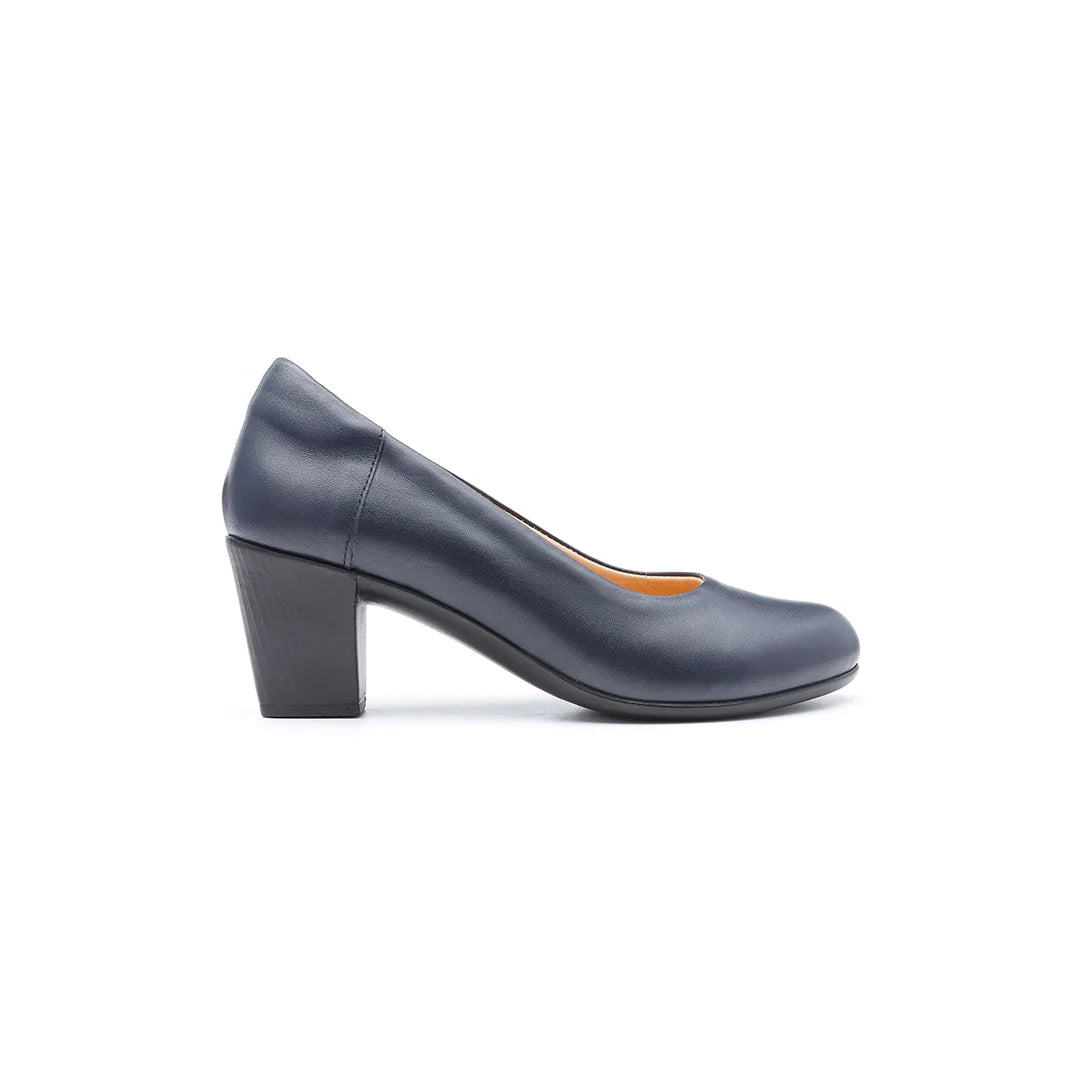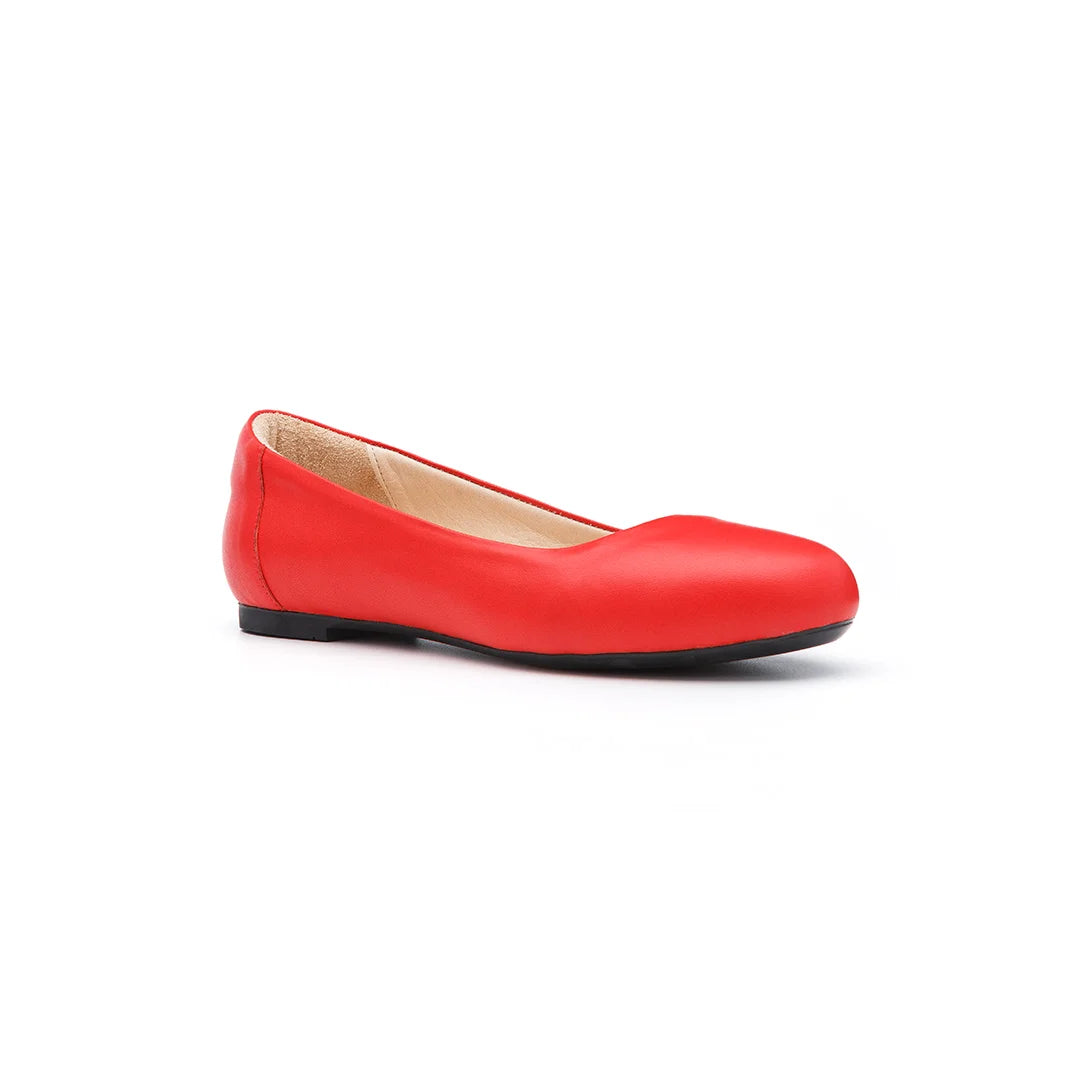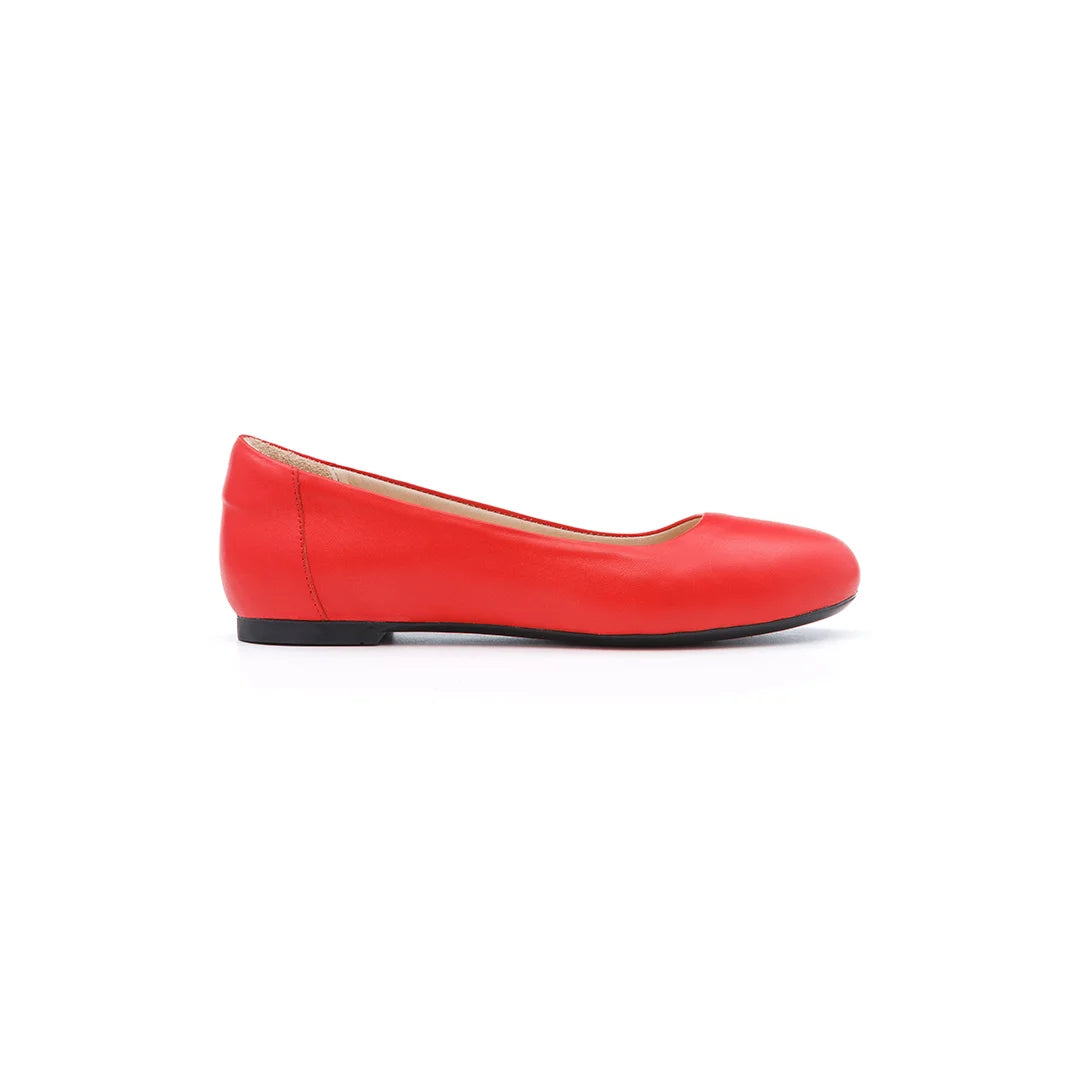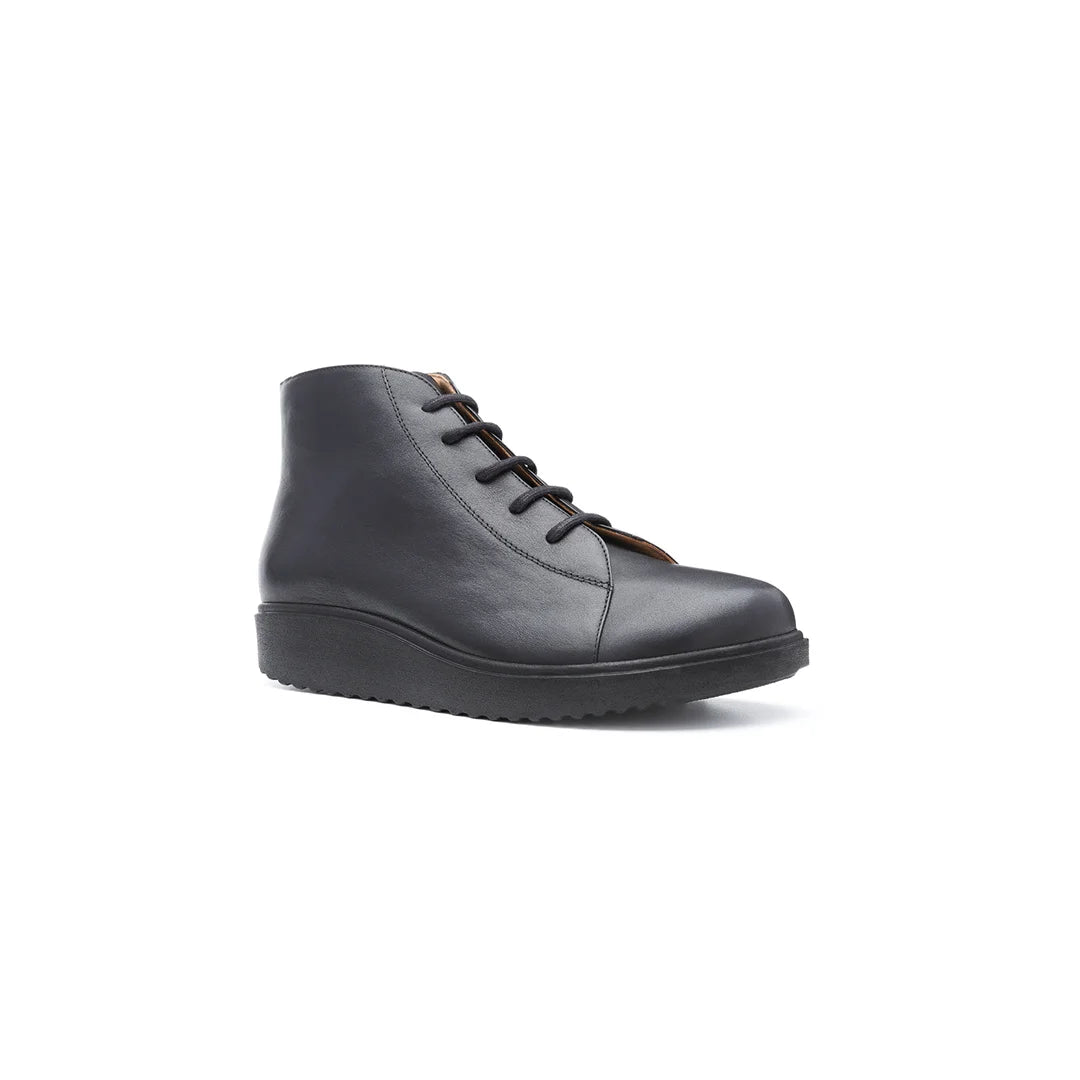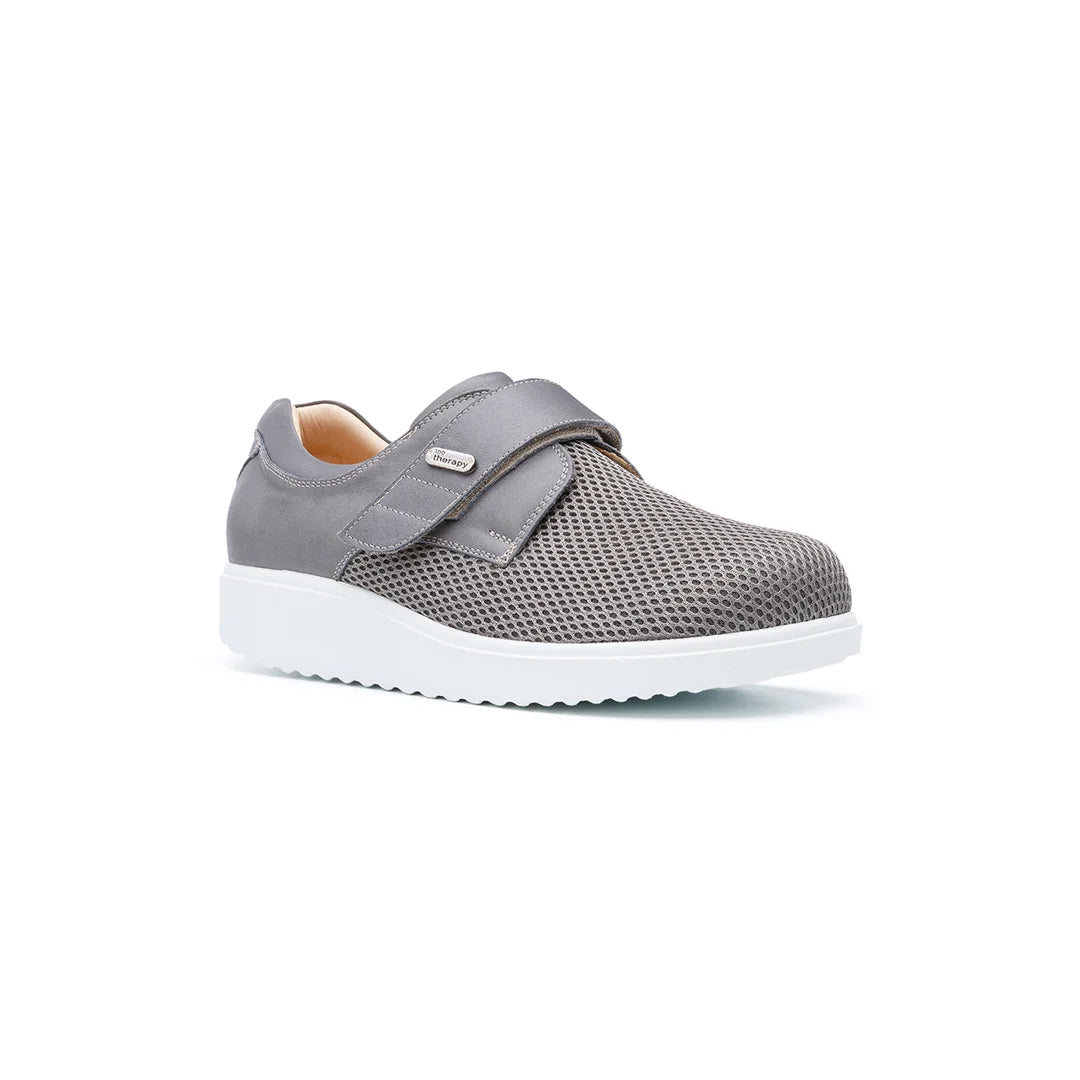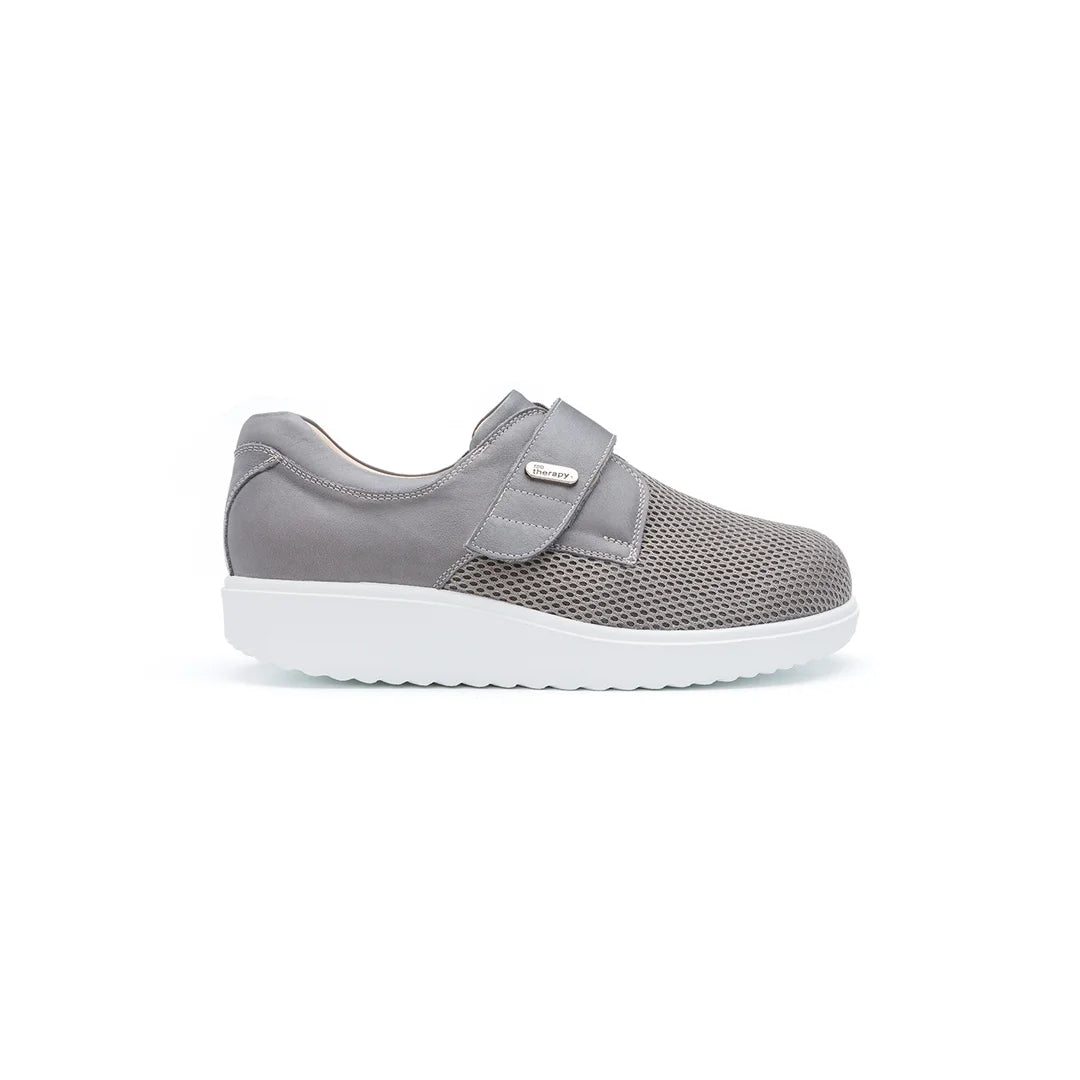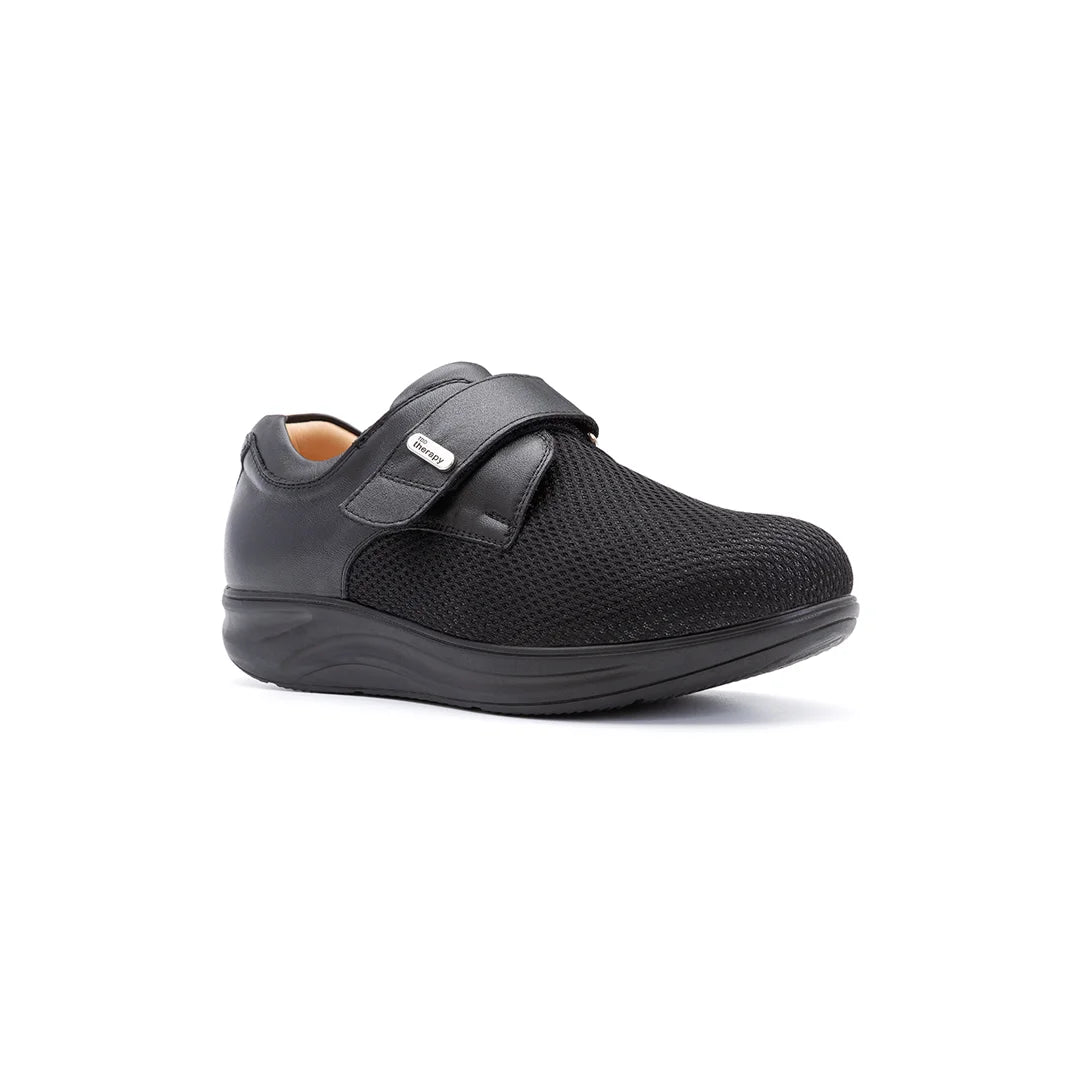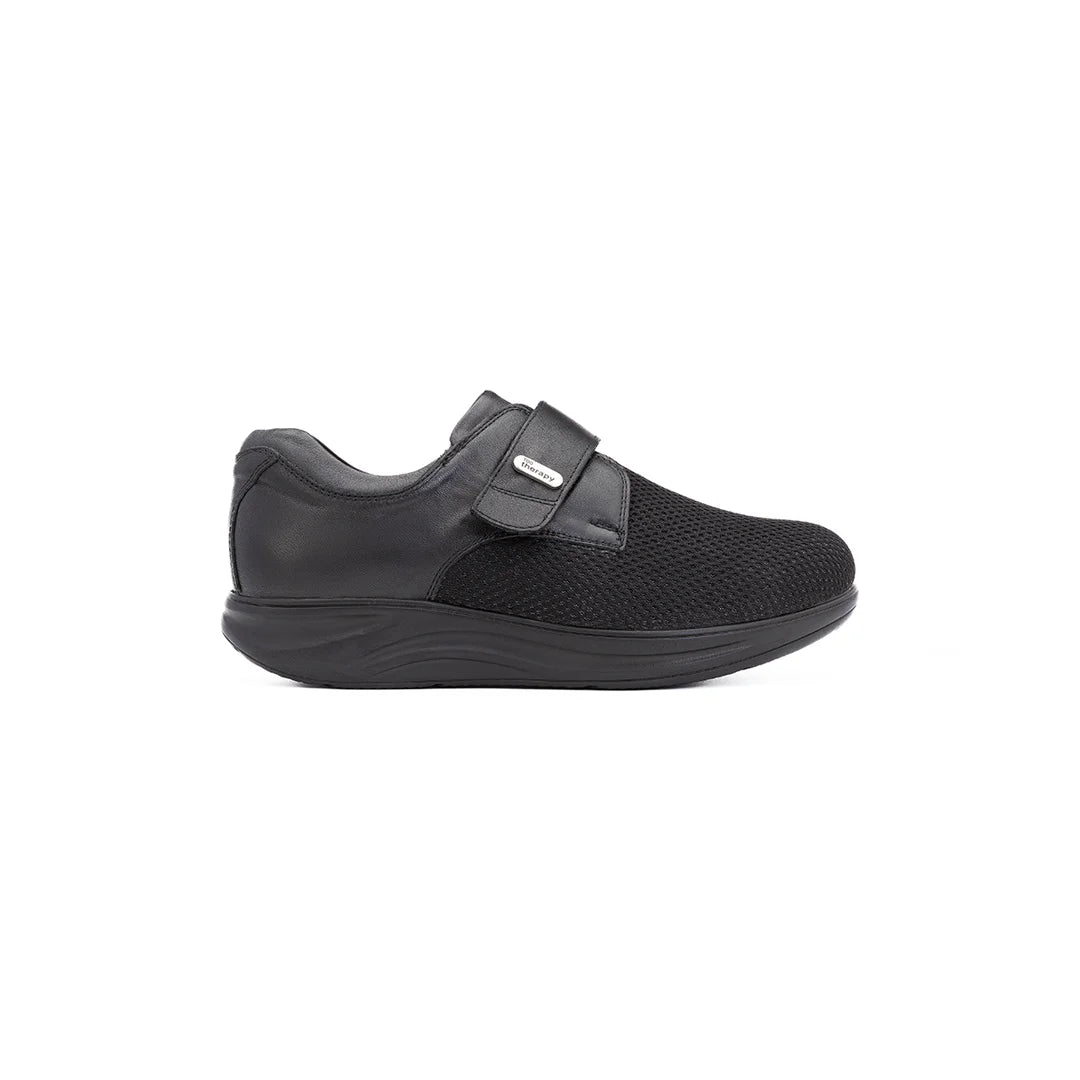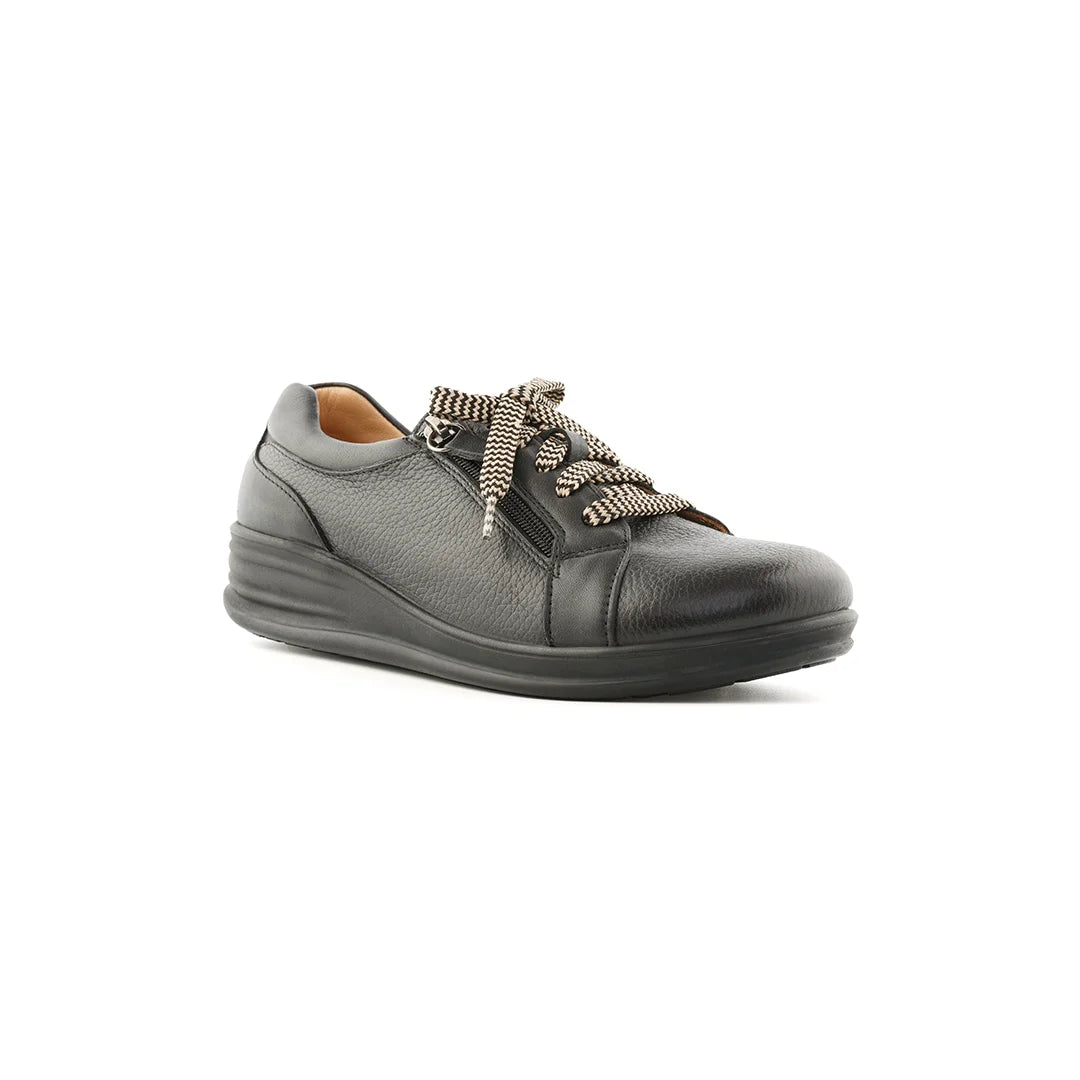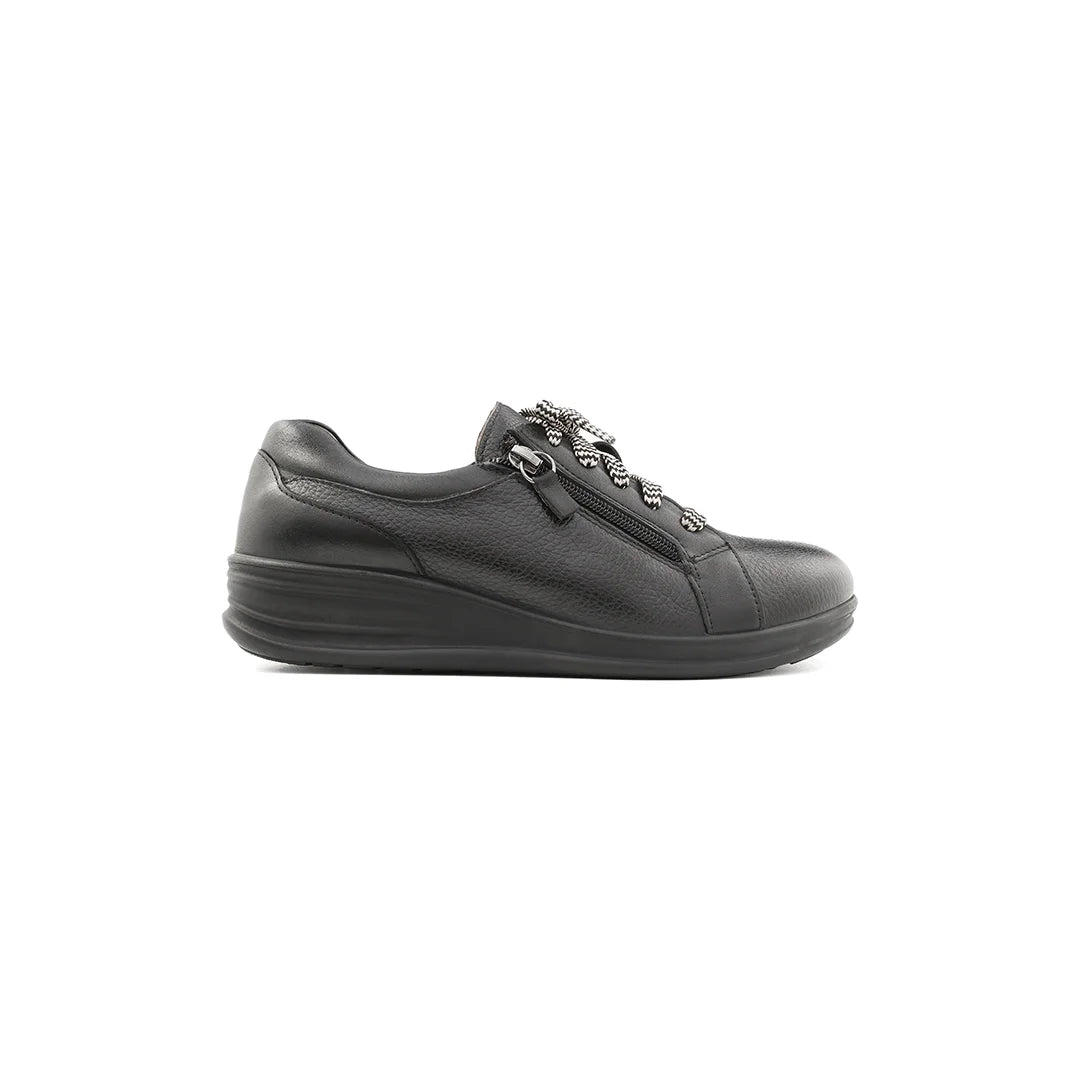FAQs for TDO Orthopaedic Shoes
You may benefit from orthopedic shoes if you experience any of the following:
- Persistent foot pain or discomfort, such as arch pain or plantar fasciitis.
- Foot deformities like bunions, hammertoes, or flat feet.
- Diabetes, which can cause neuropathy and increased risk of foot complications.
- Arthritis or joint pain in your feet.
- Frequent foot injuries or a history of foot surgery.
- An occupation or lifestyle that requires long hours on your feet.
- Custom orthotics or insoles prescribed by a healthcare professional.
If you have any of these issues or similar concerns, consulting with a podiatrist or orthopaedic specialist can help determine if orthopaedic shoes are a suitable option for you. They can provide personalized recommendations based on your specific needs.
Yes, orthopaedic shoes are designed to provide essential support and comfort, making them beneficial for individuals with various foot conditions or those seeking preventive measures. These specialized shoes can help alleviate discomfort, enhance stability, and reduce the risk of certain foot problems. However, their effectiveness may vary depending on individual needs and the specific design of the shoe. Consulting a healthcare professional or specialist can help determine if orthopaedic shoes are the right choice for your particular situation.
TDO Orthopaedic Shoes stand out due to their exclusive handcrafted quality. They prioritize comfort and protection, featuring innovative design elements such as a seamless front, cushioned heels, ergonomically designed rocker soles, anatomically accurate insoles, and Triple-layer Technology. These features not only provide exceptional comfort but also help alleviate pressure and reduce the risk of foot problems, making them a unique and reliable choice for those seeking orthopaedic shoes.
Disclaimer: The information provided in these FAQs is for informational purposes and should not replace professional medical advice. If you suspect you have Diabetic Foot or any other medical condition, consult a healthcare provider for an accurate diagnosis and appropriate treatment.

